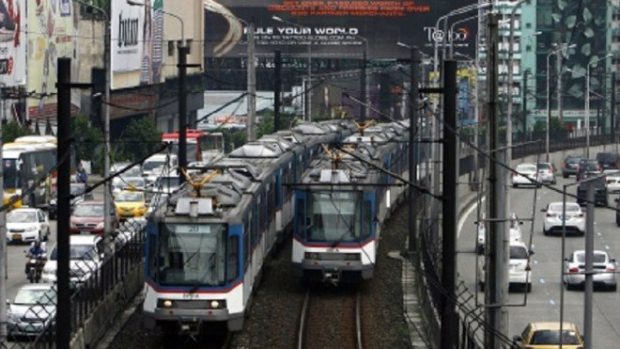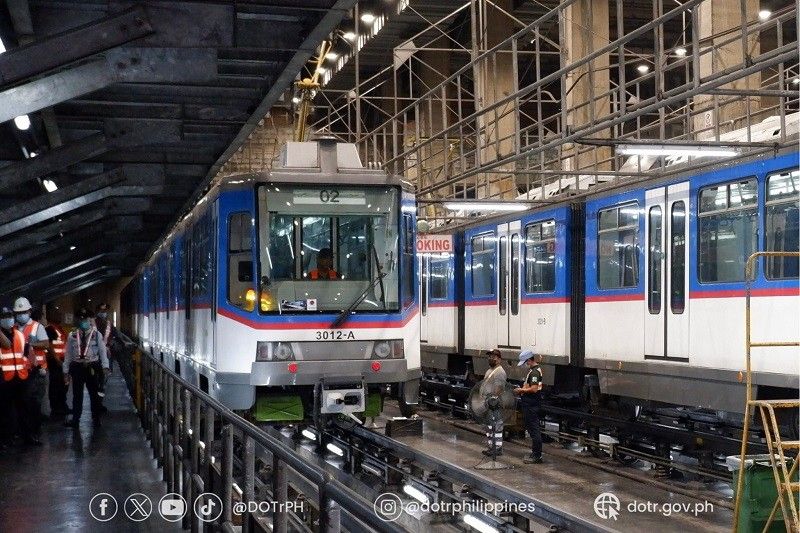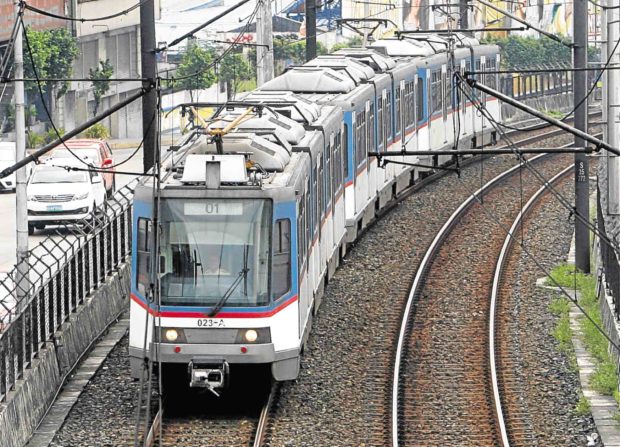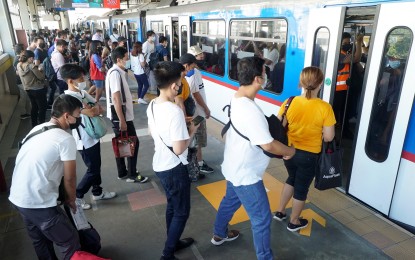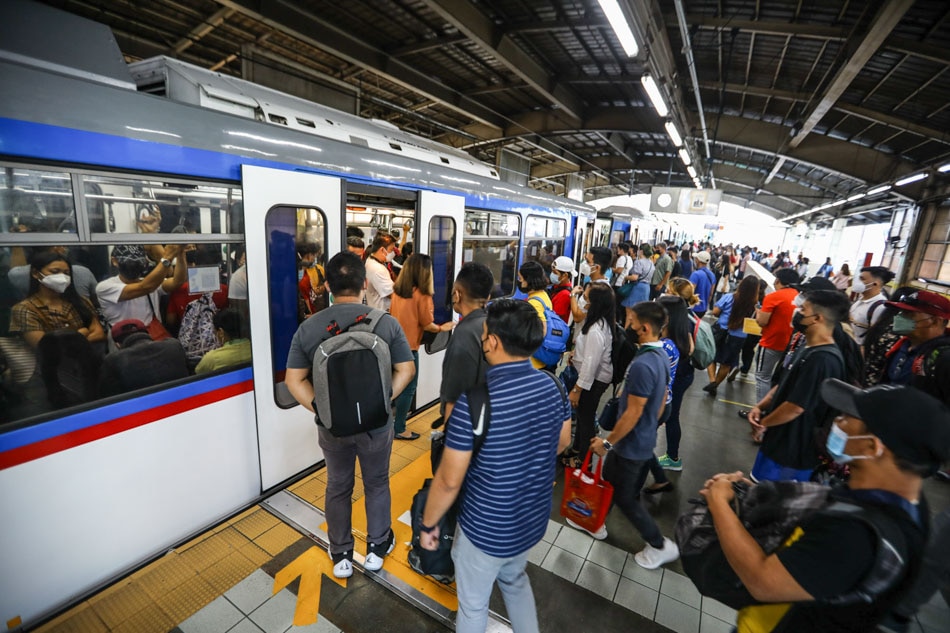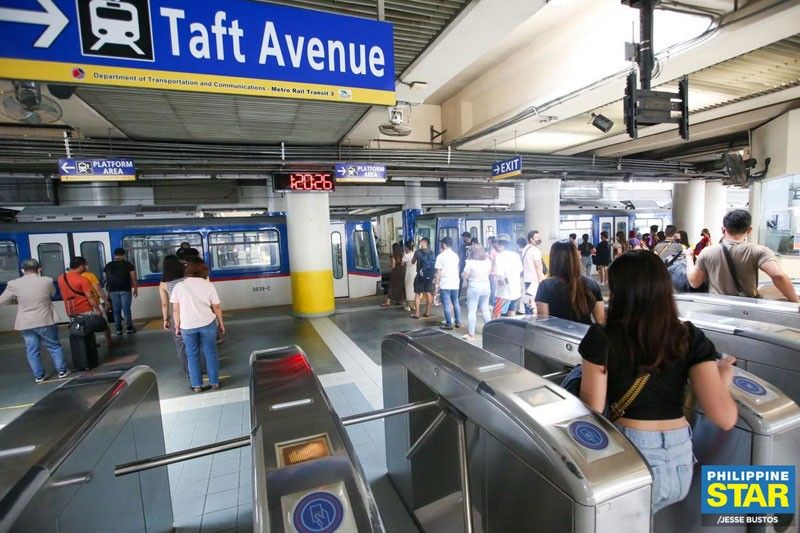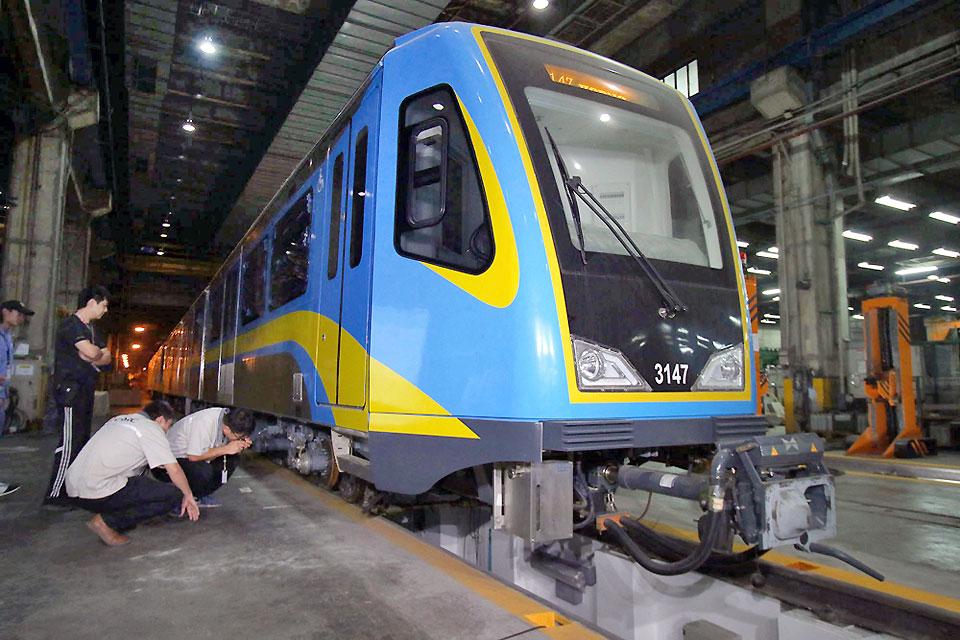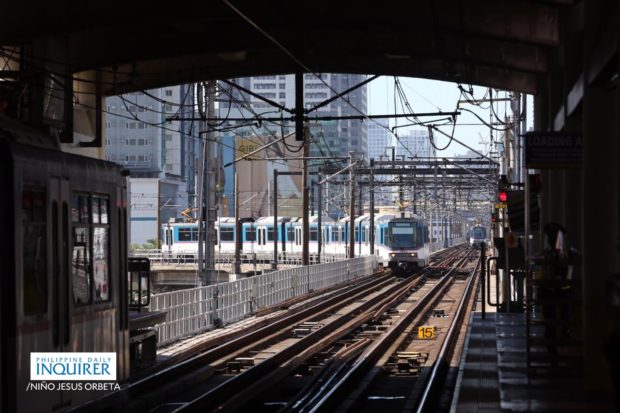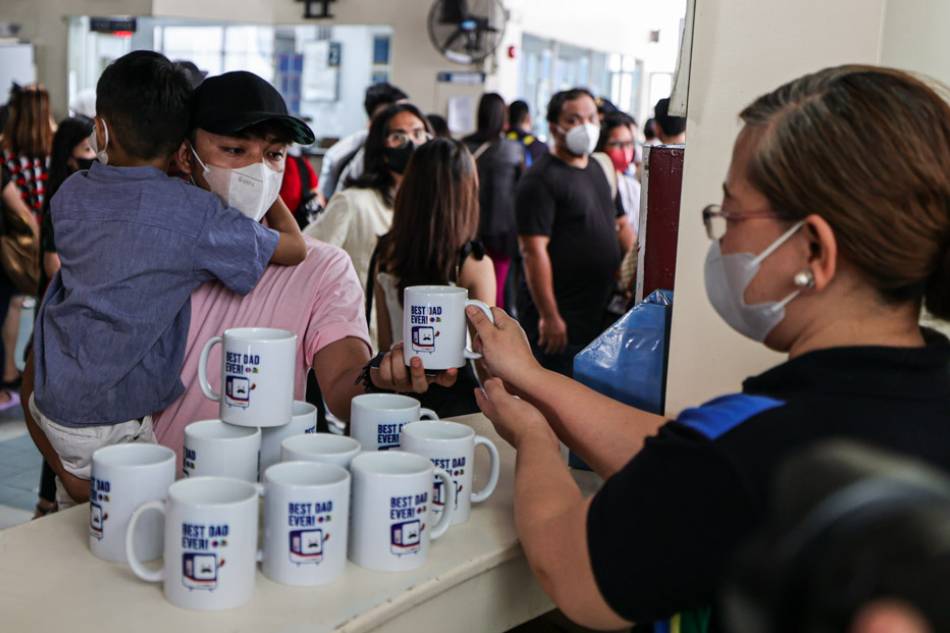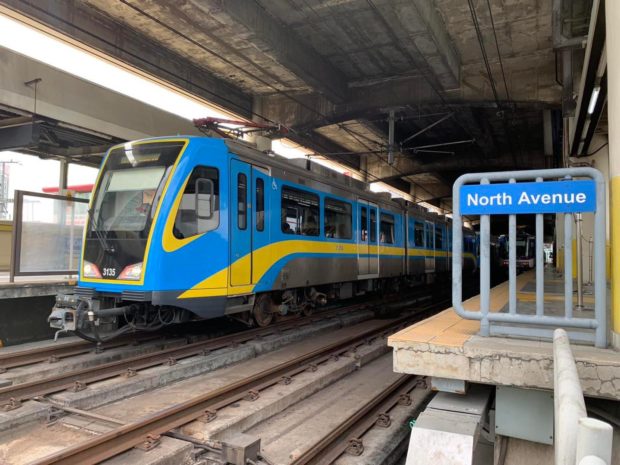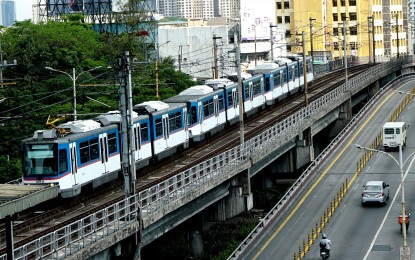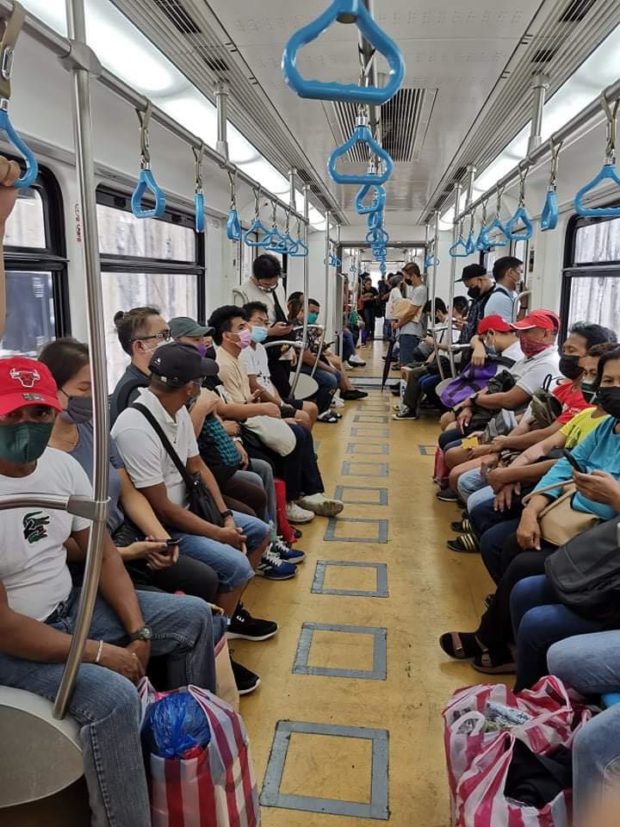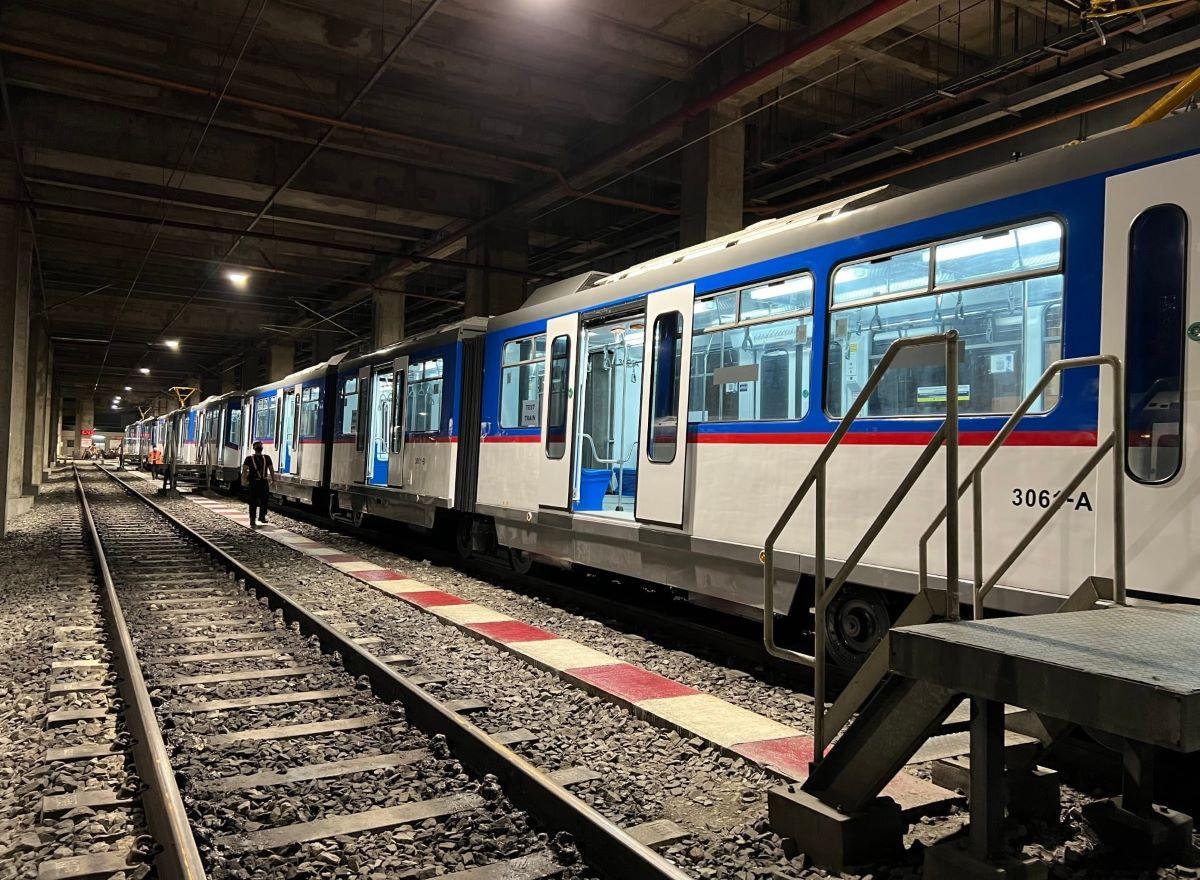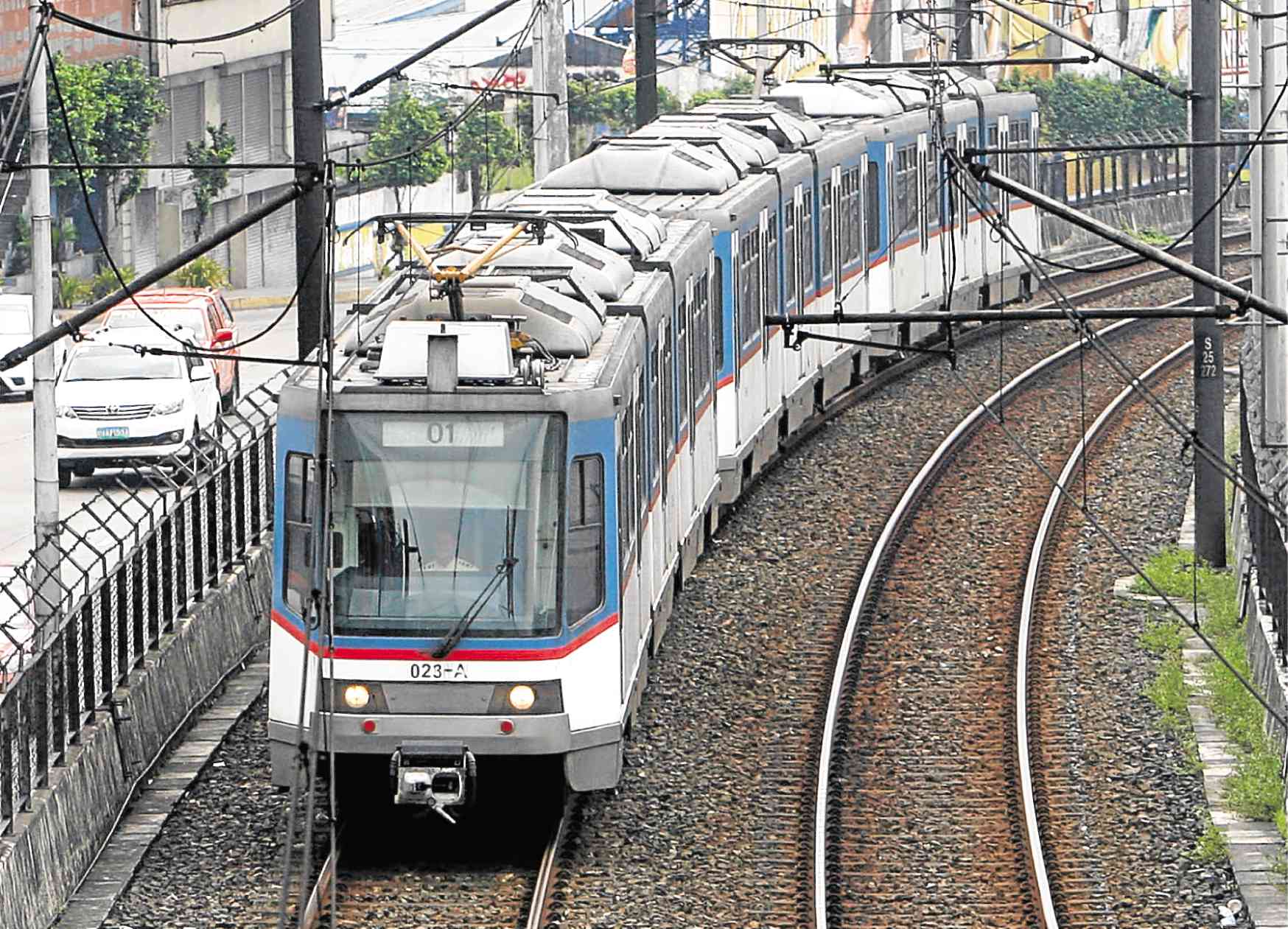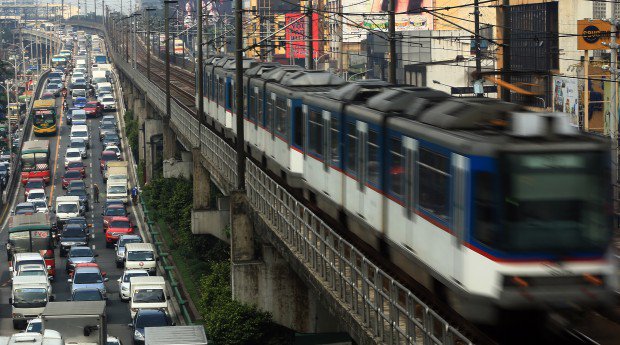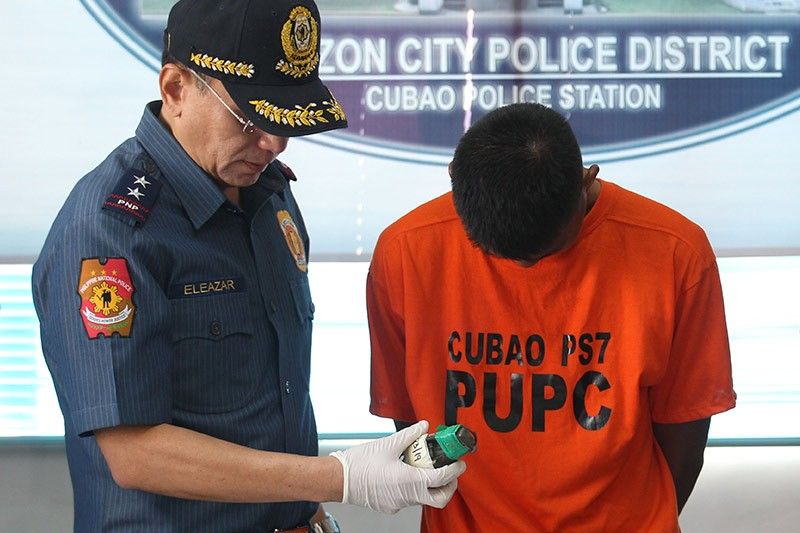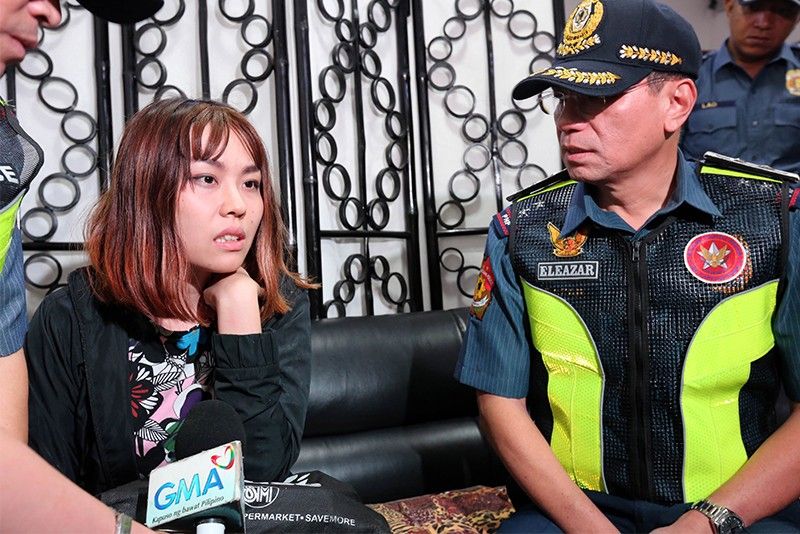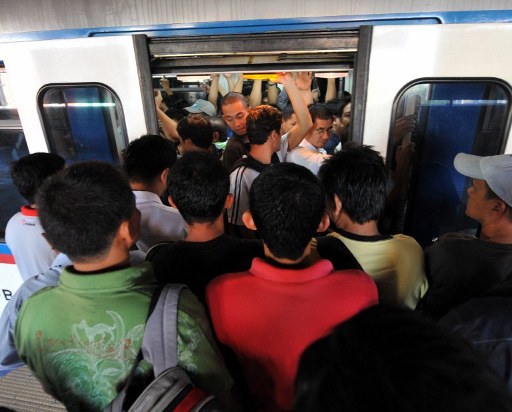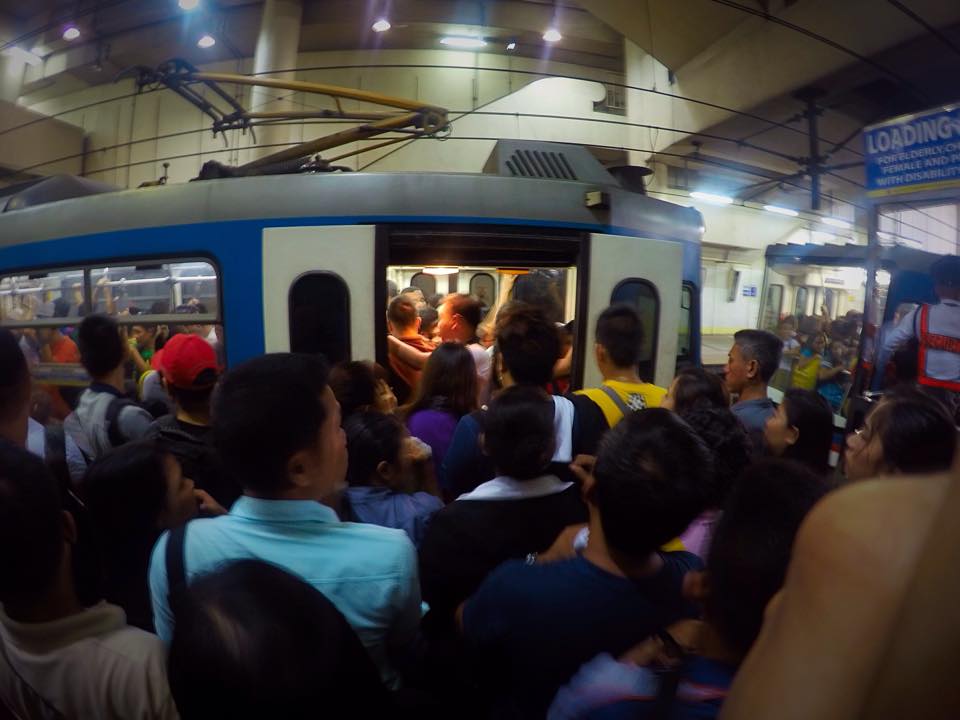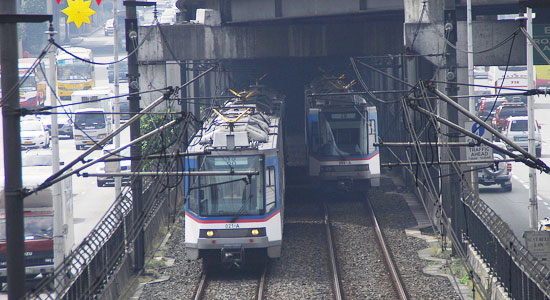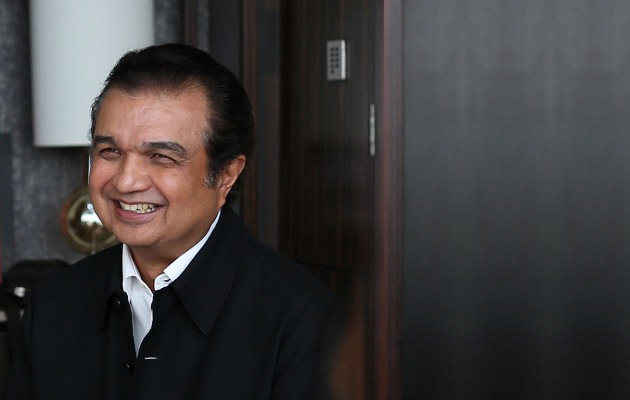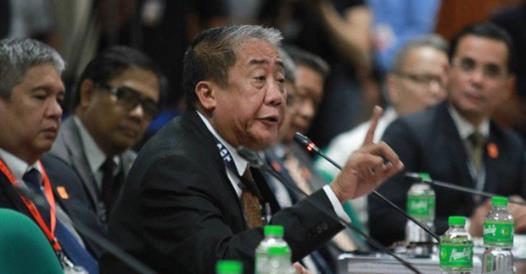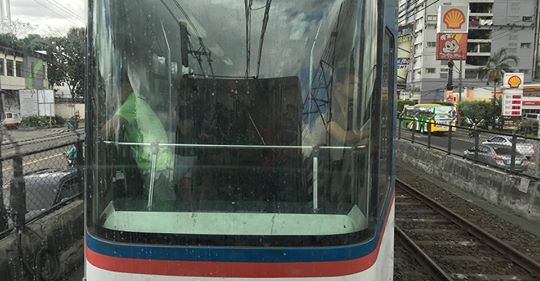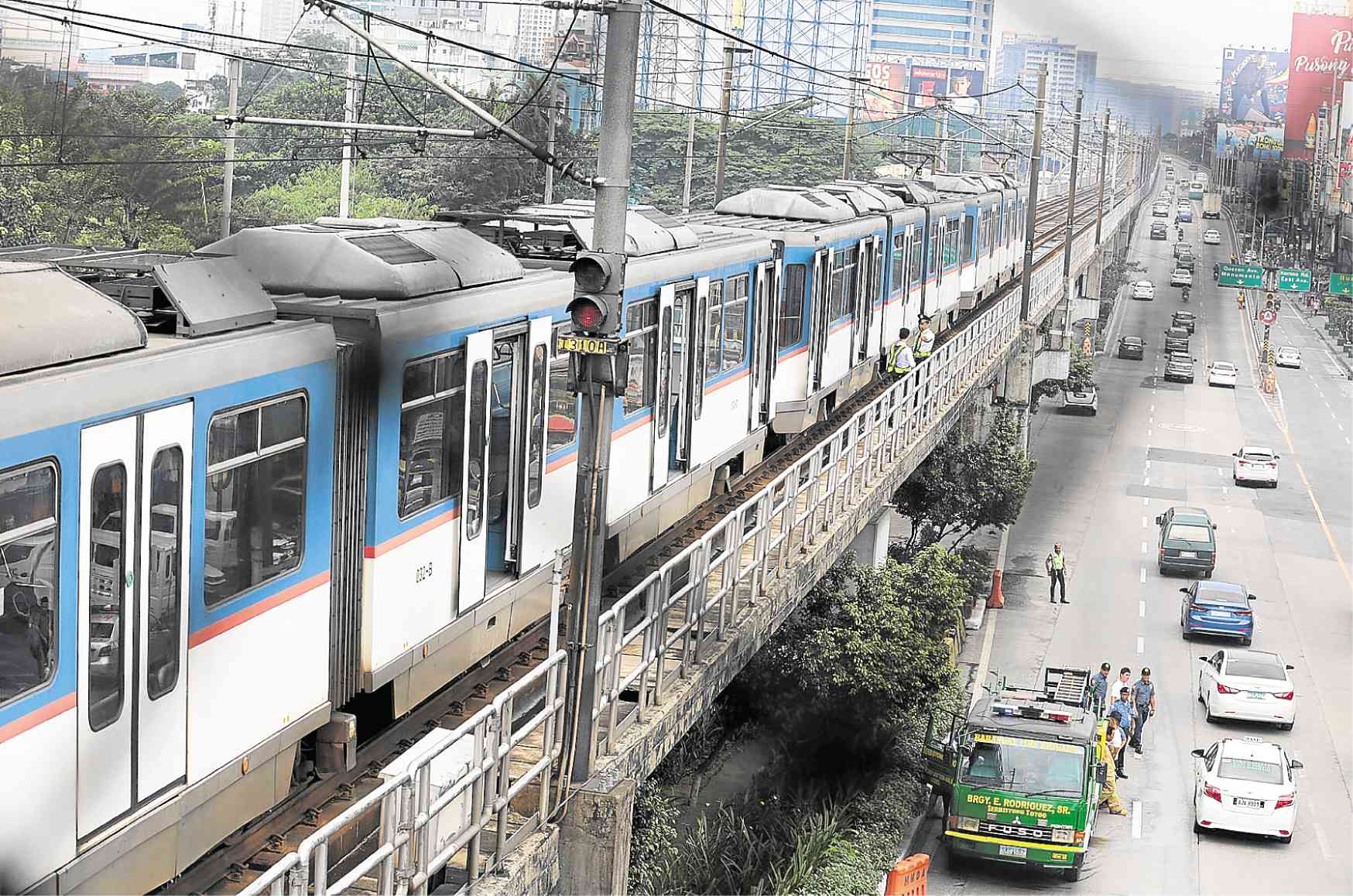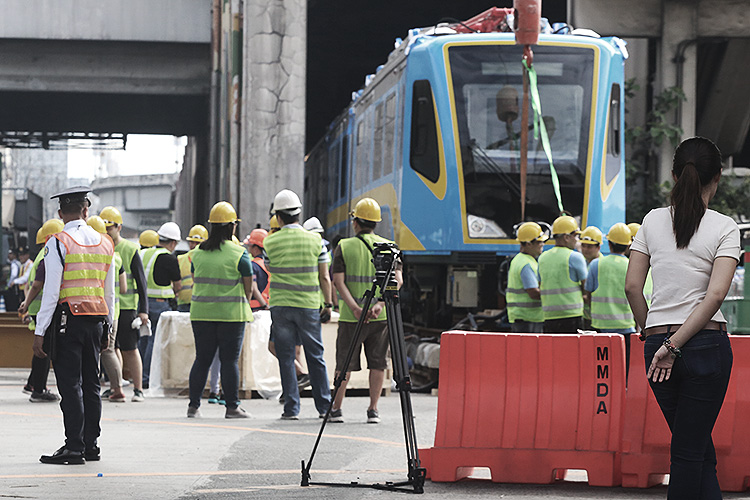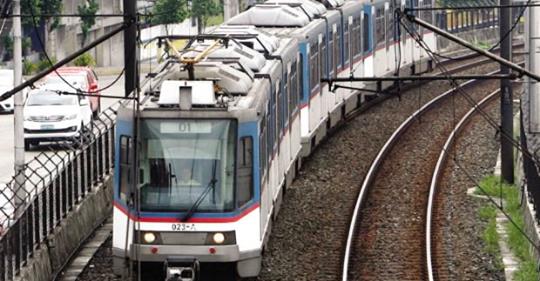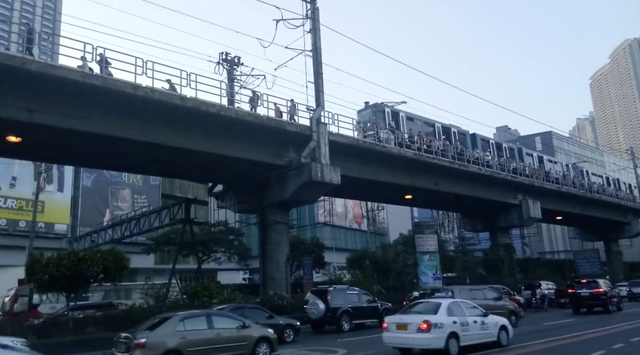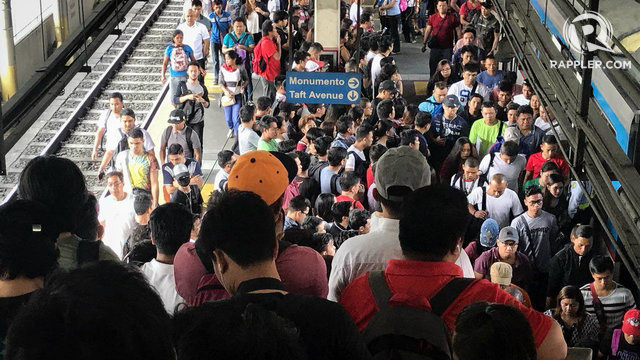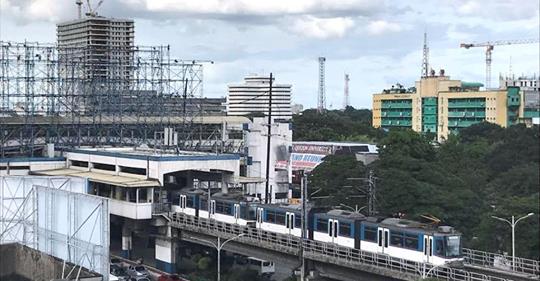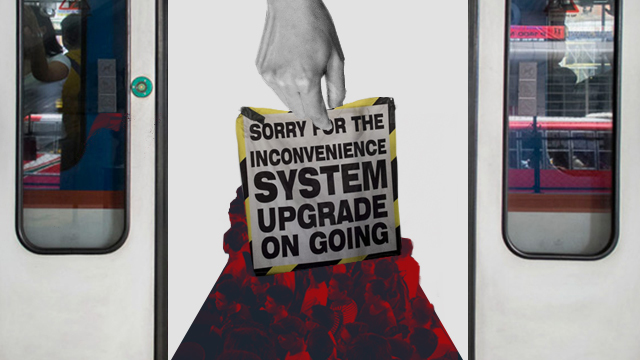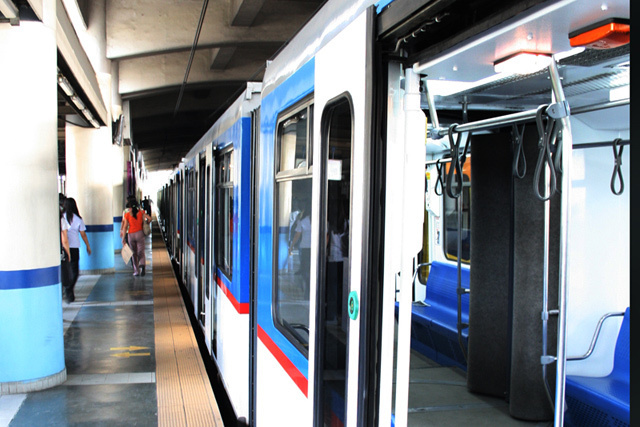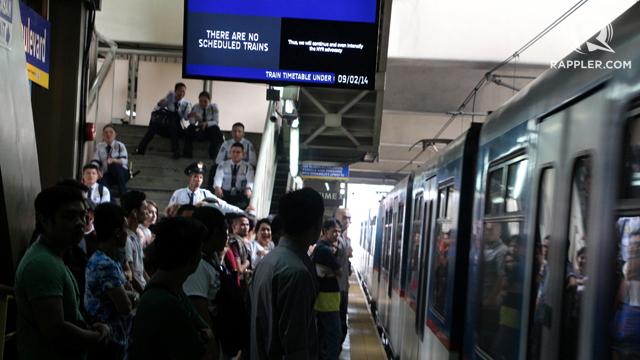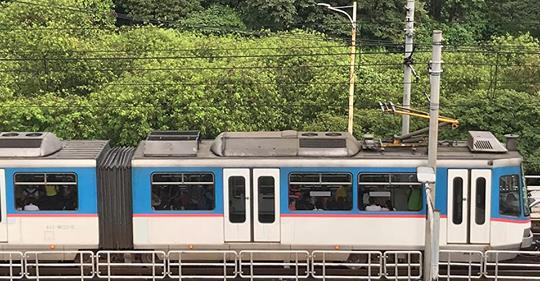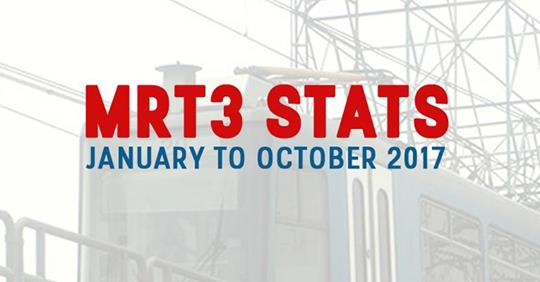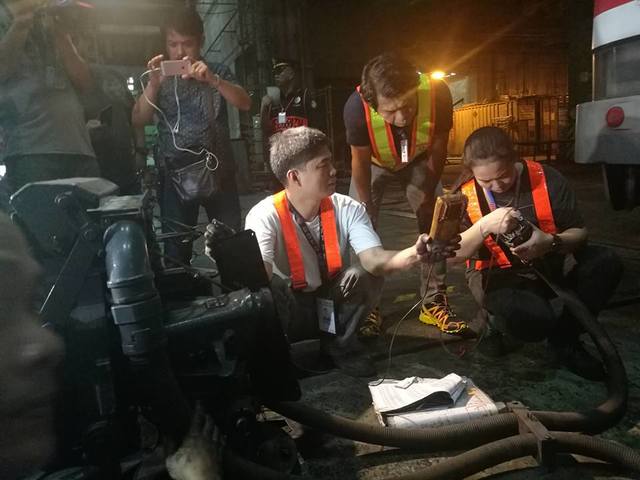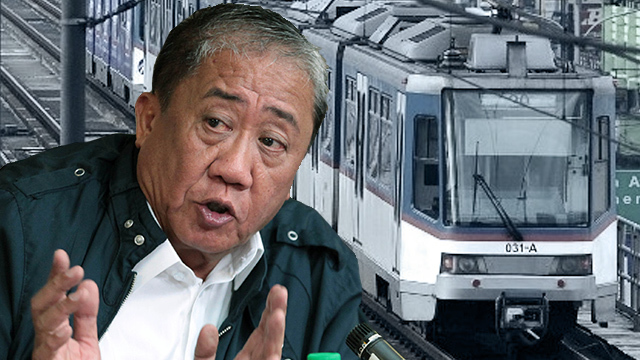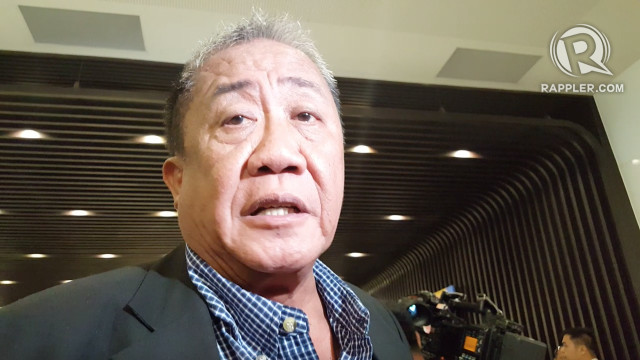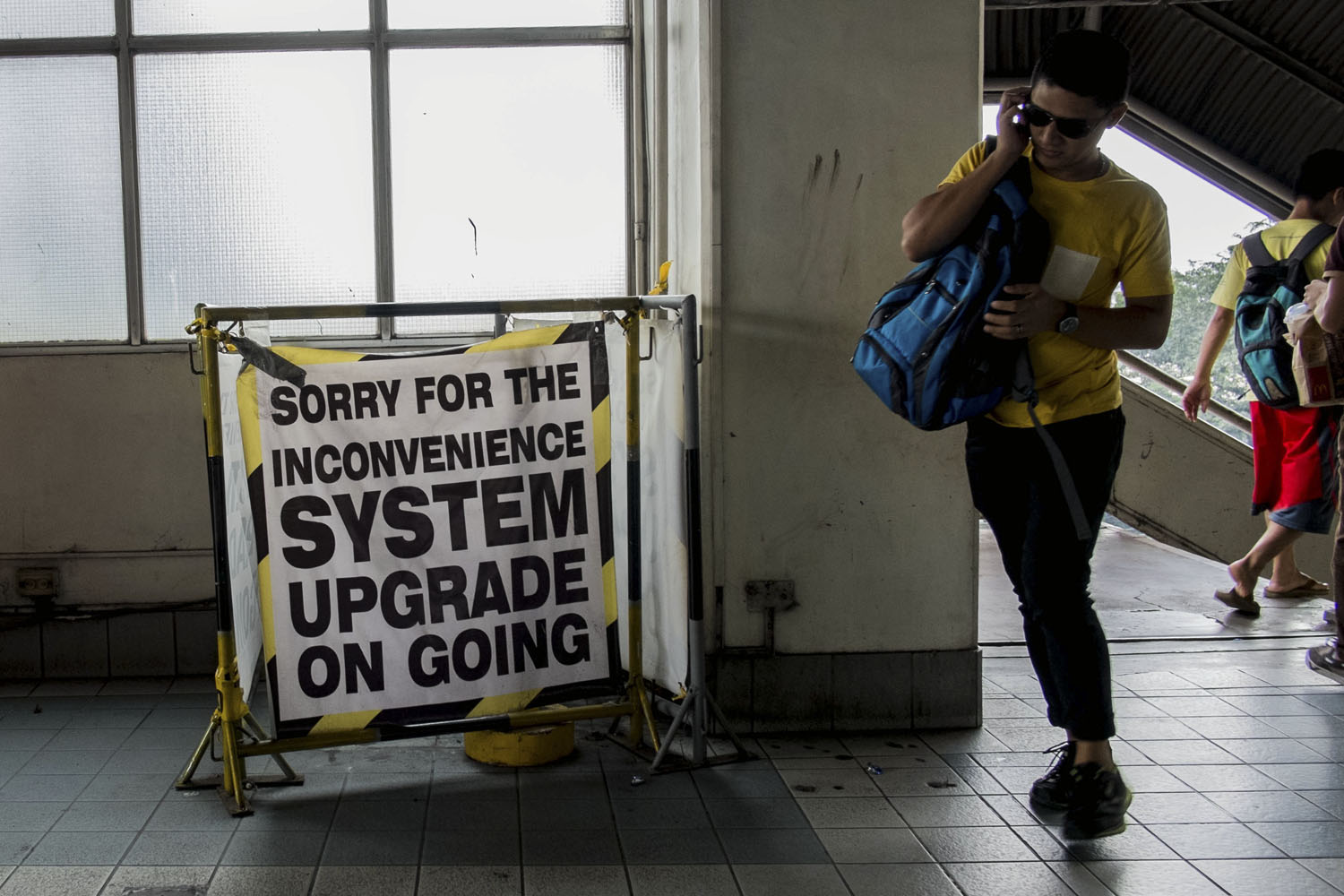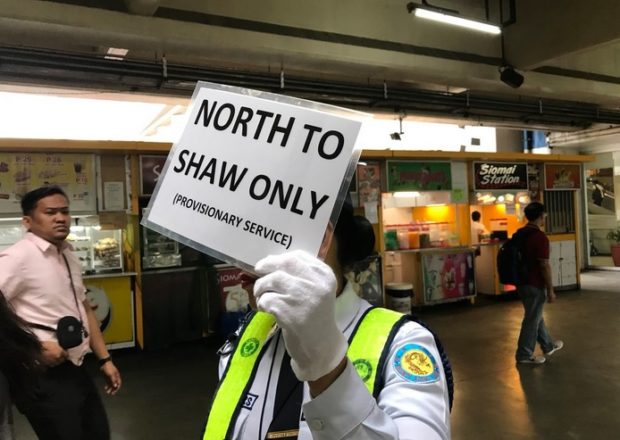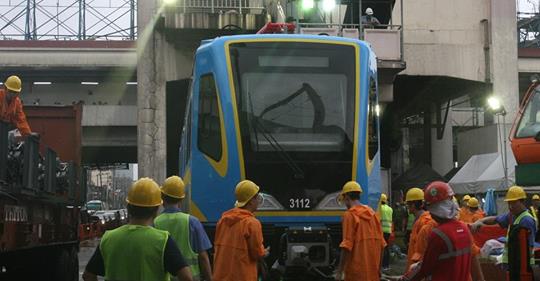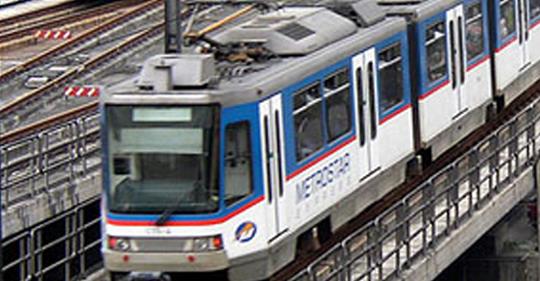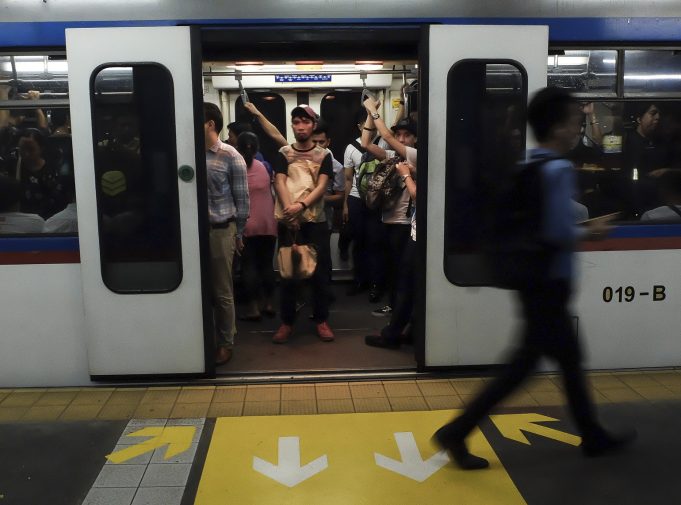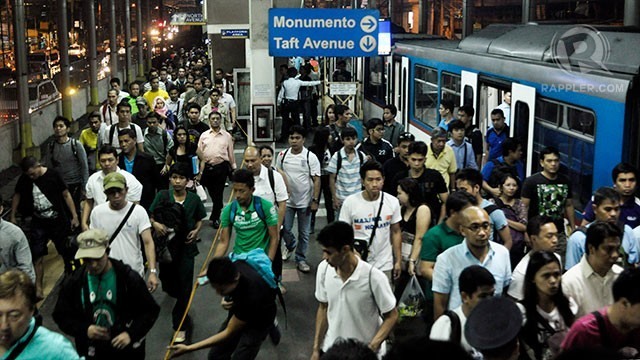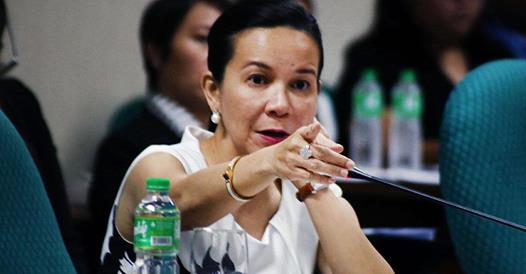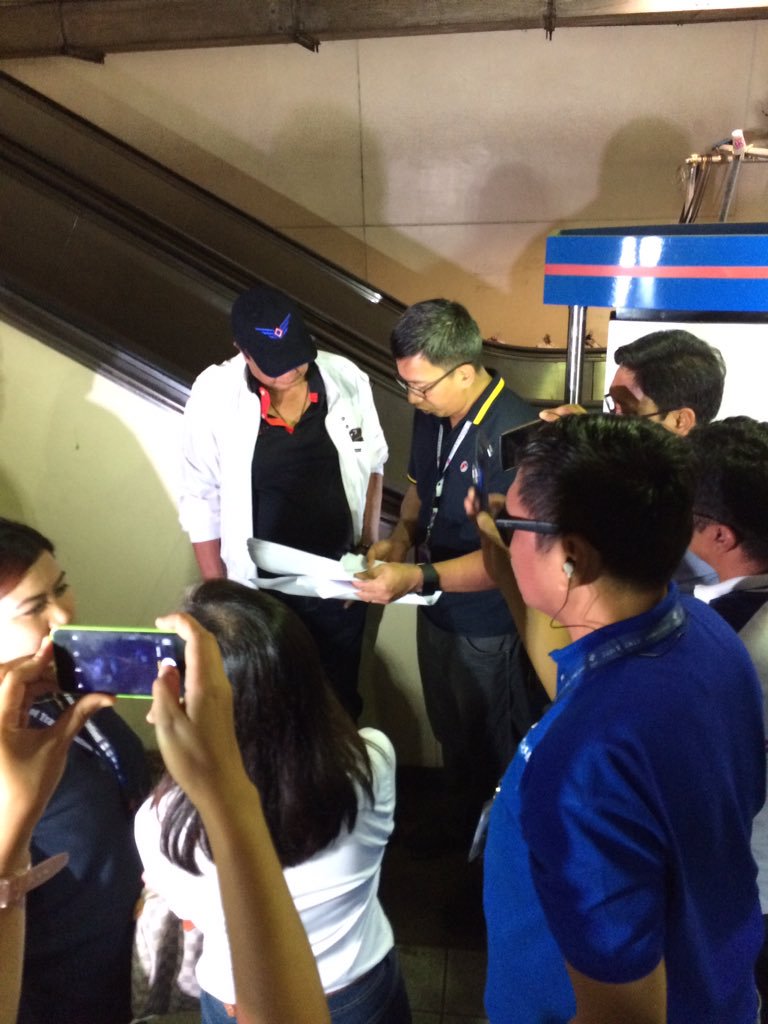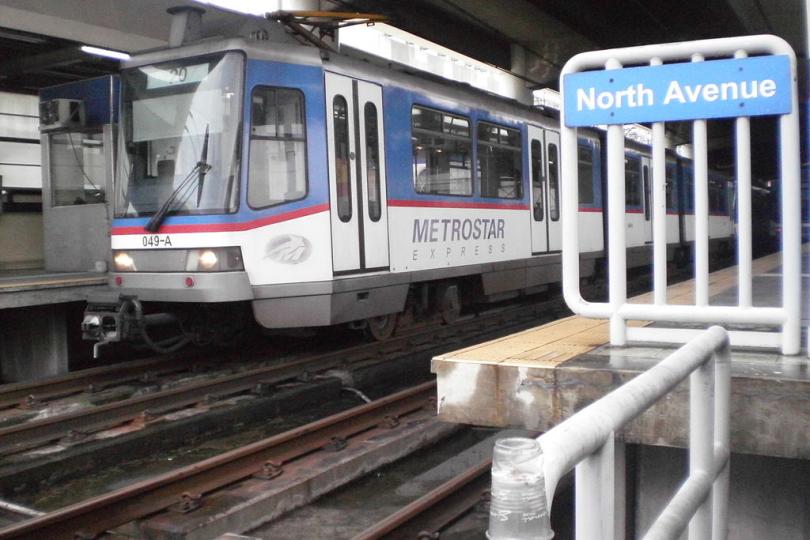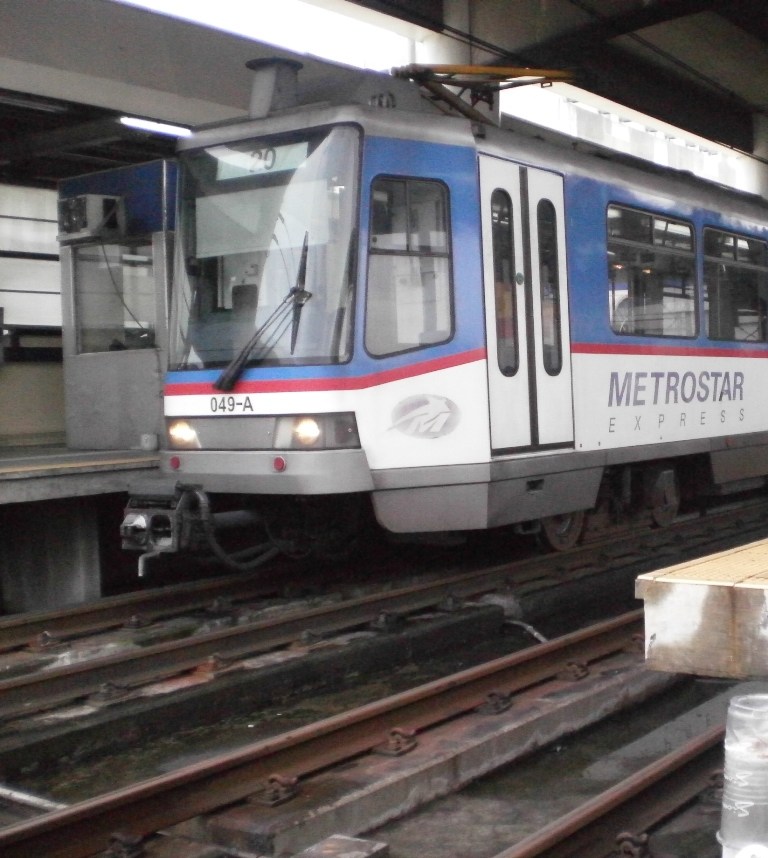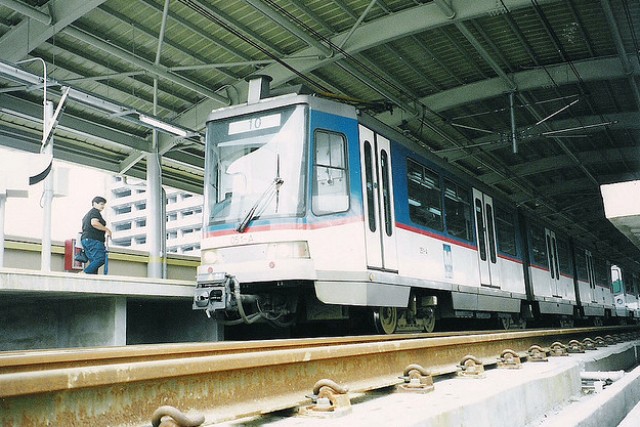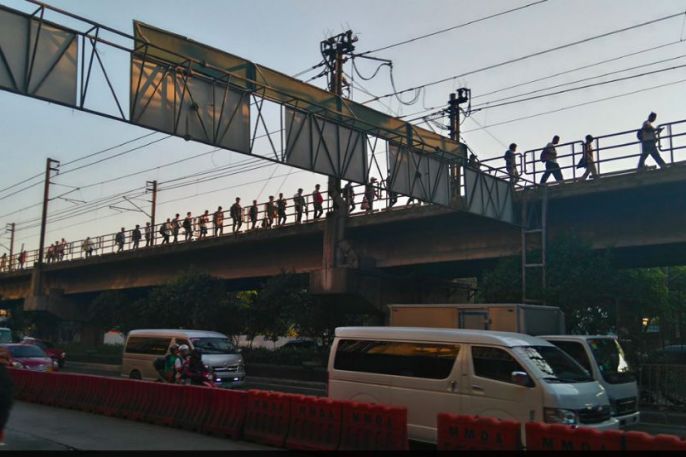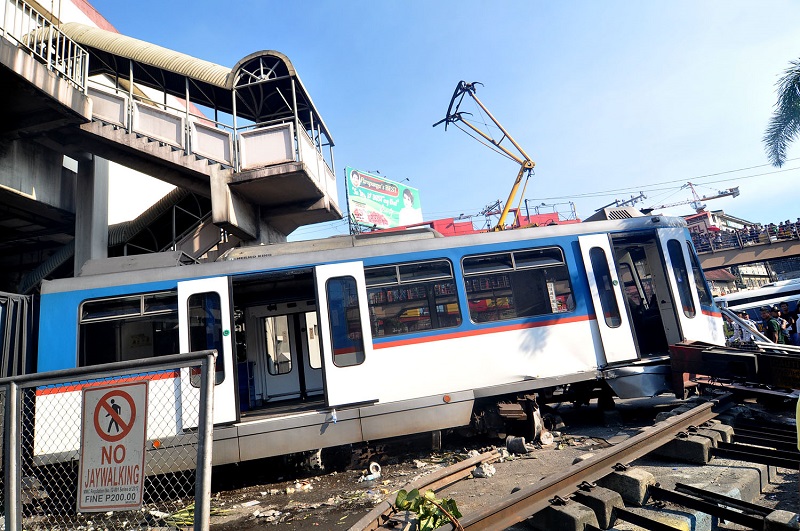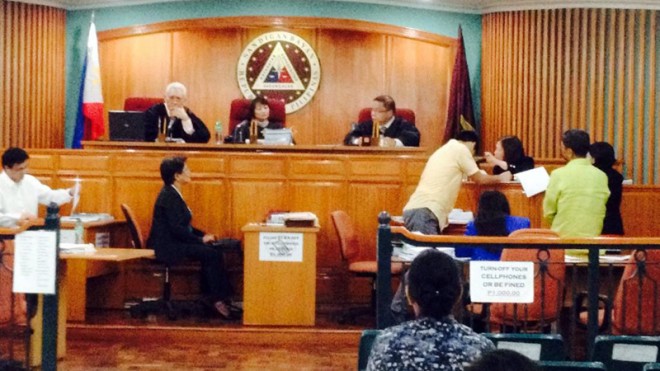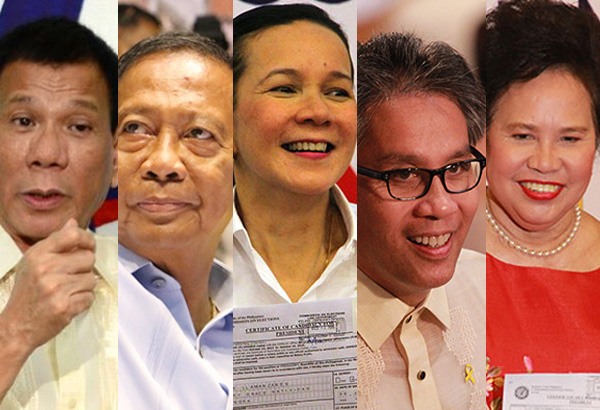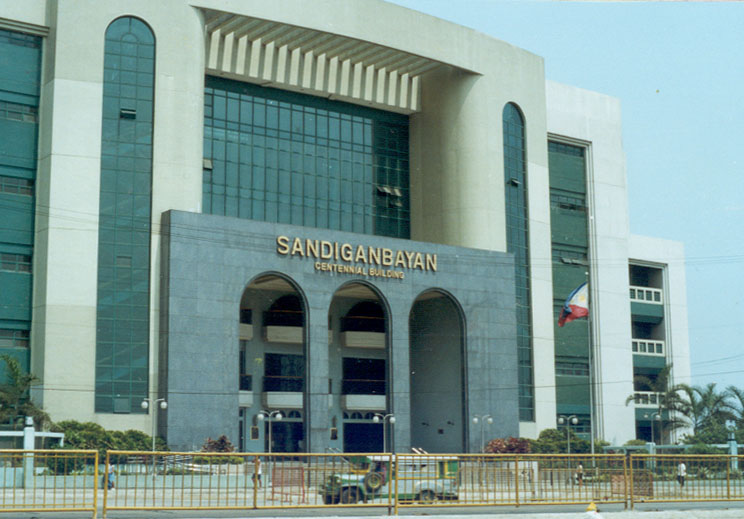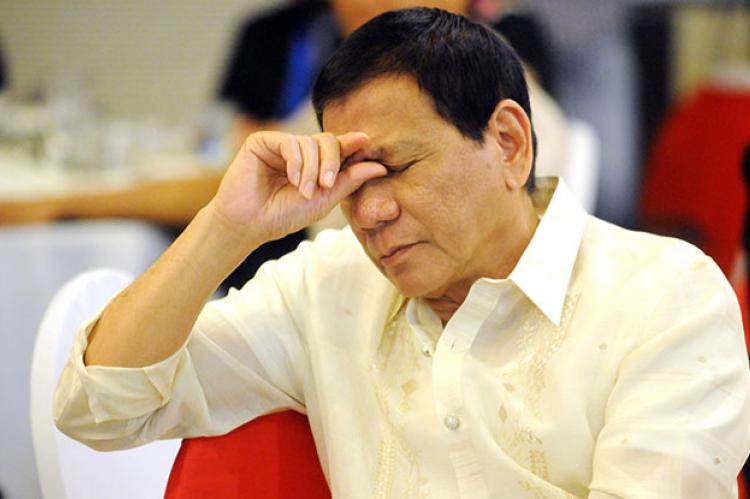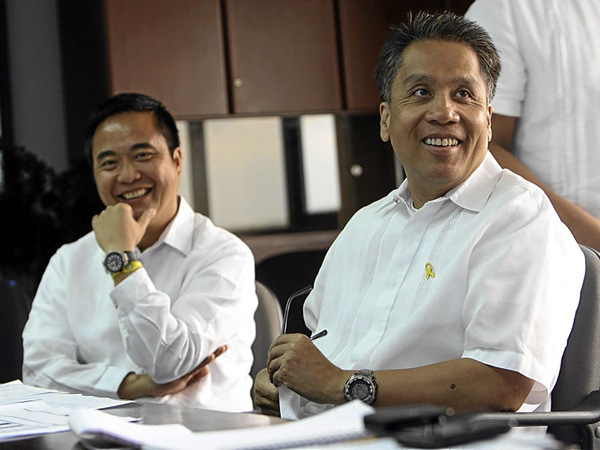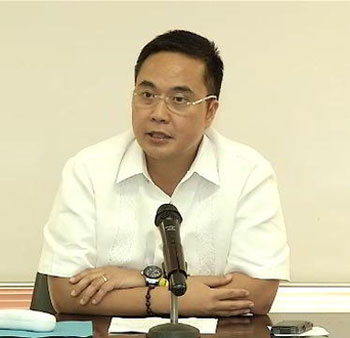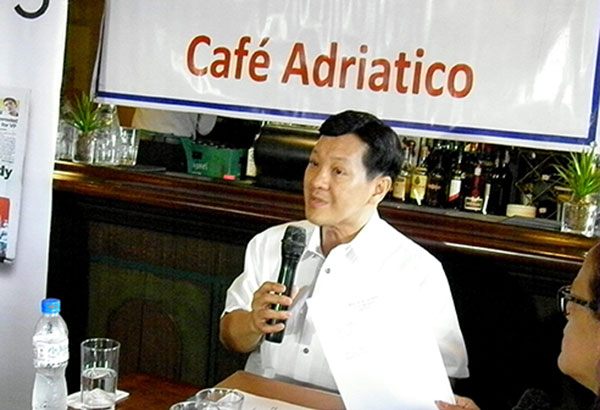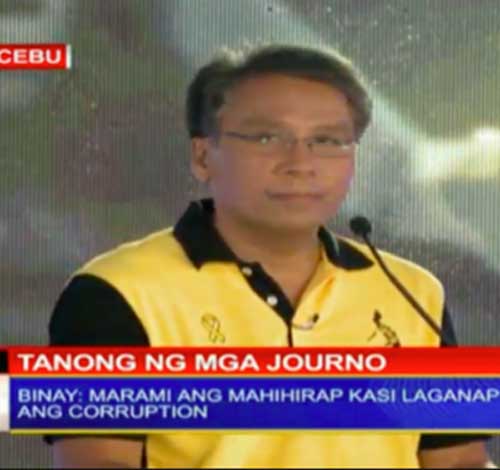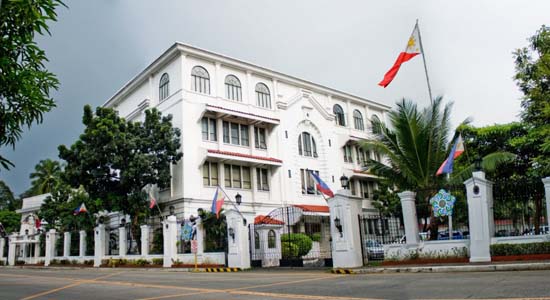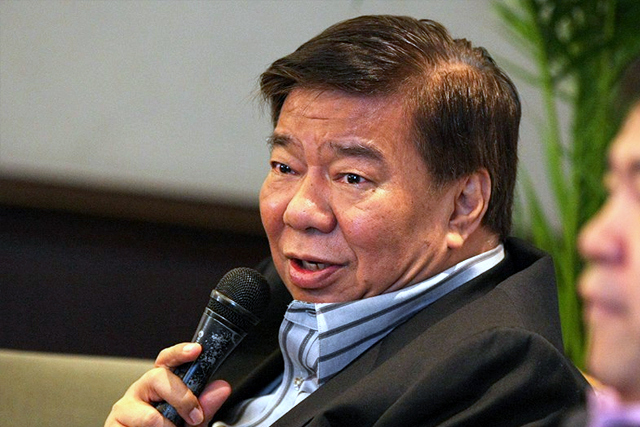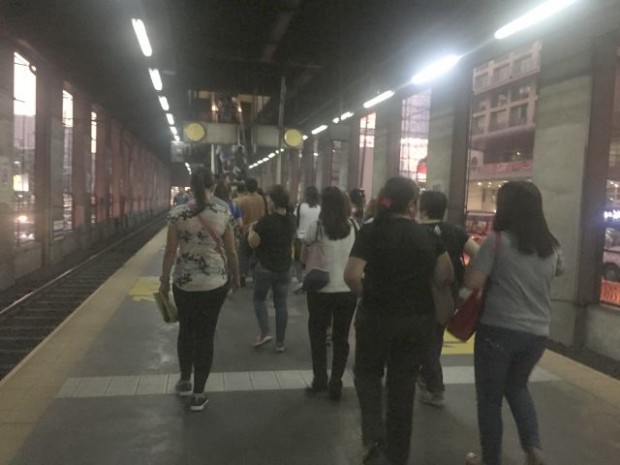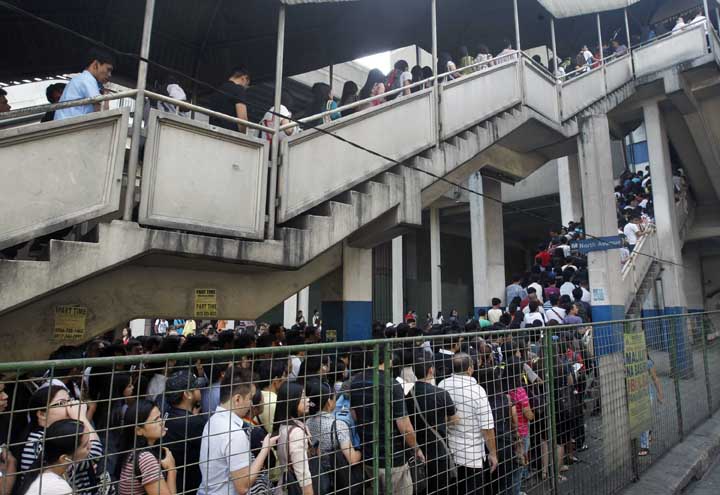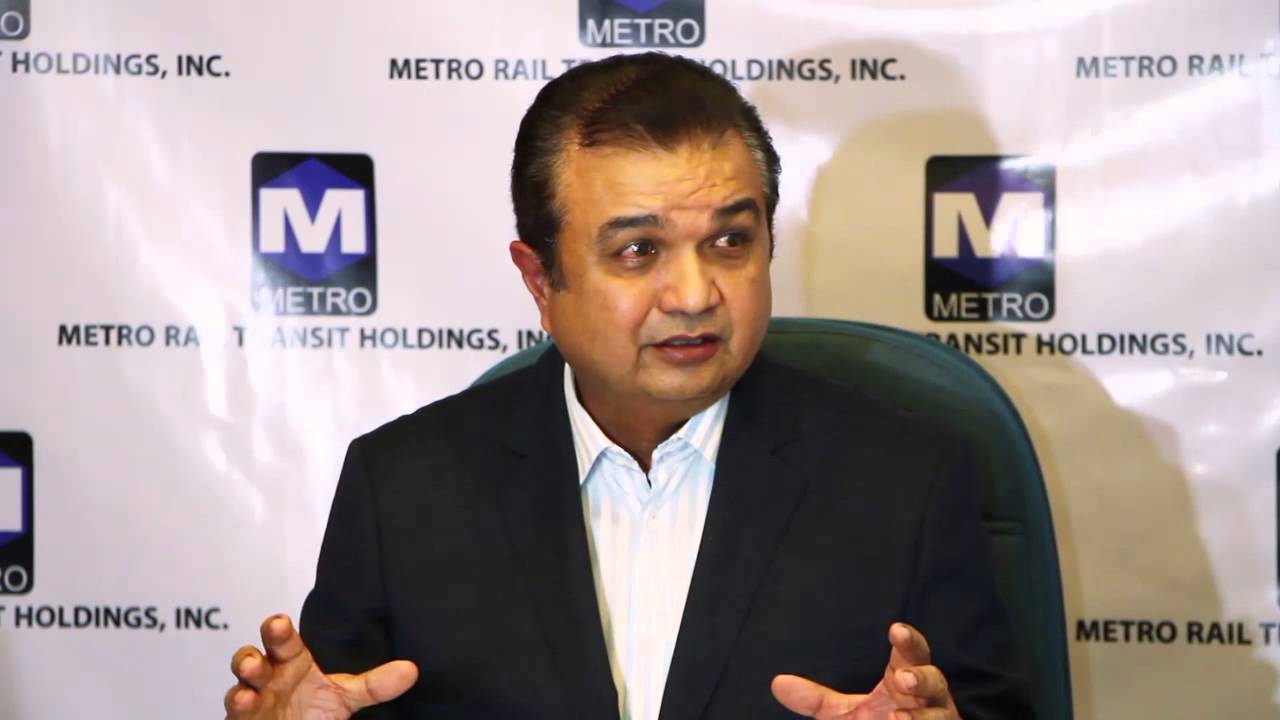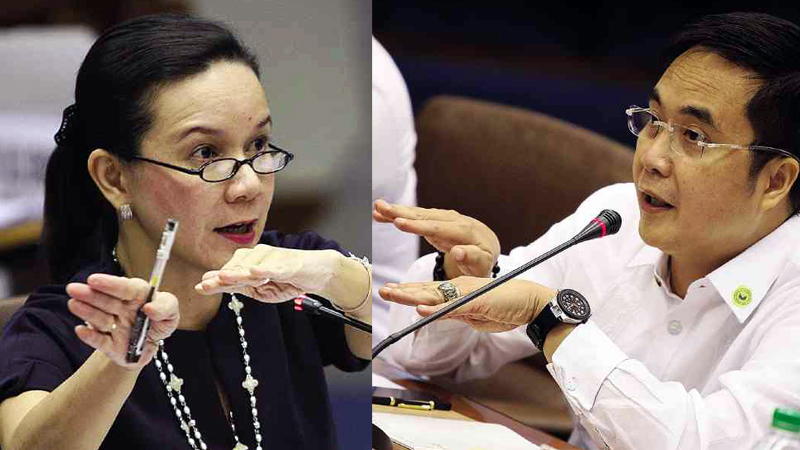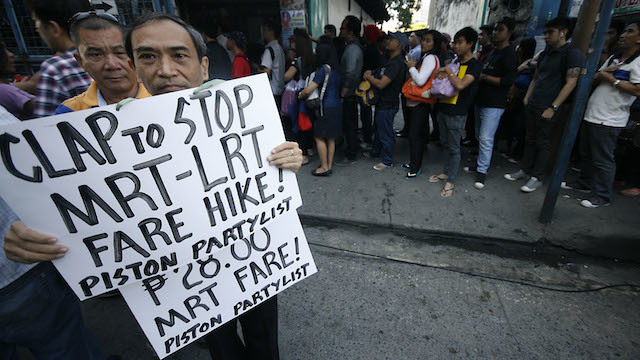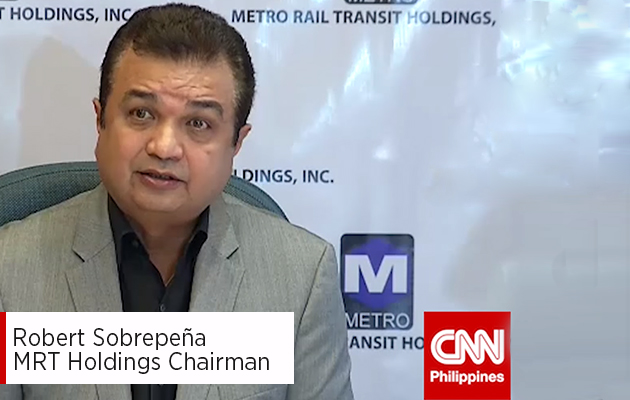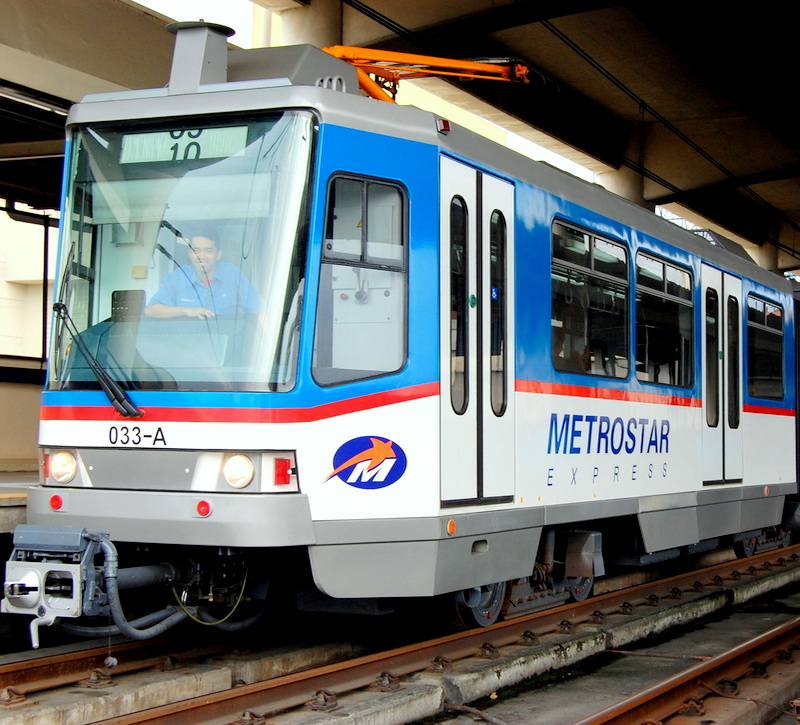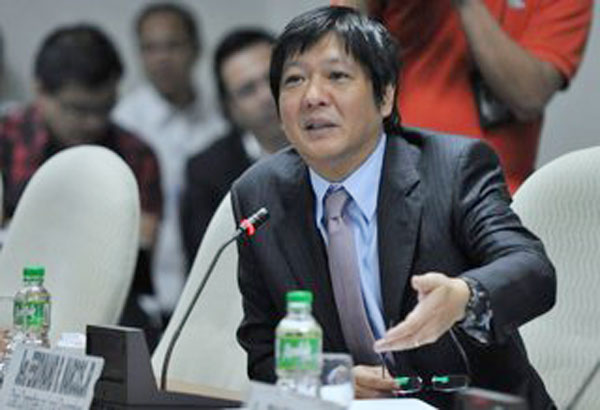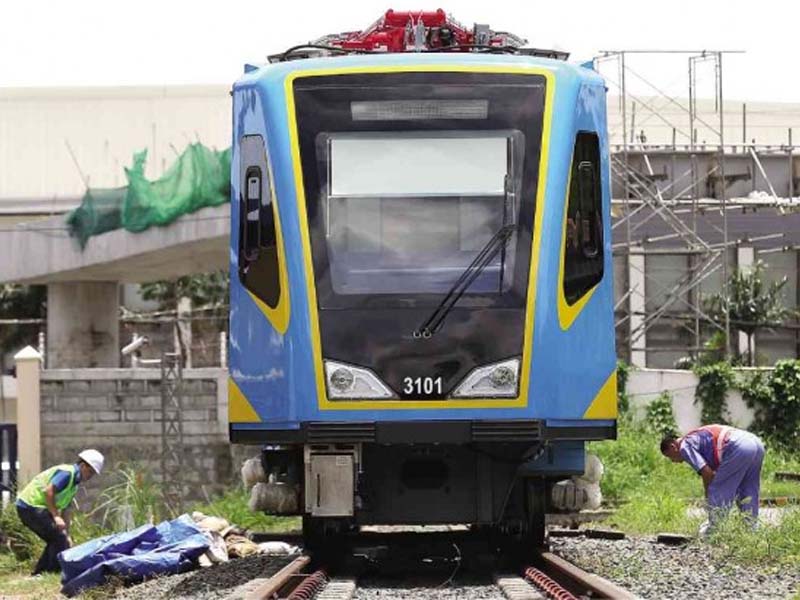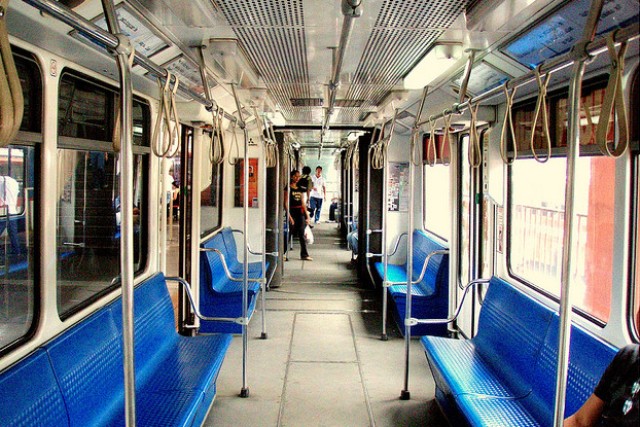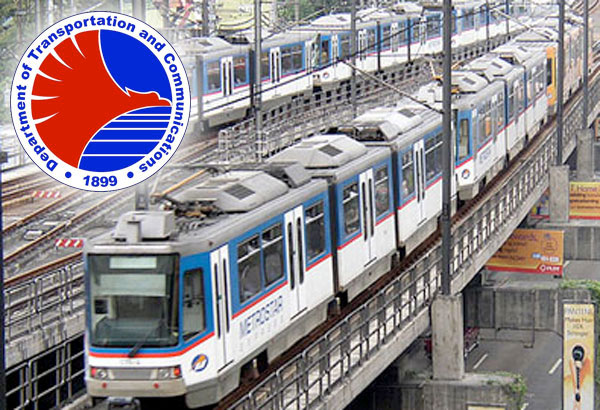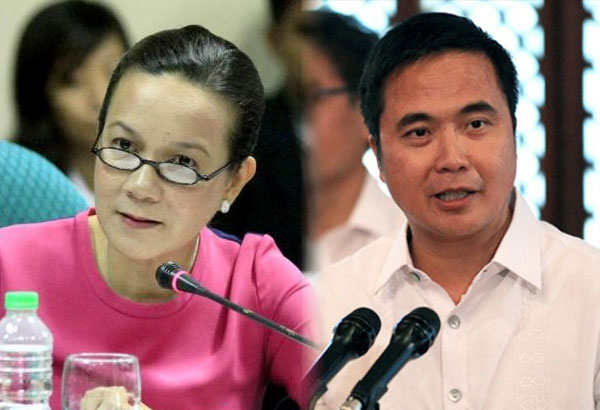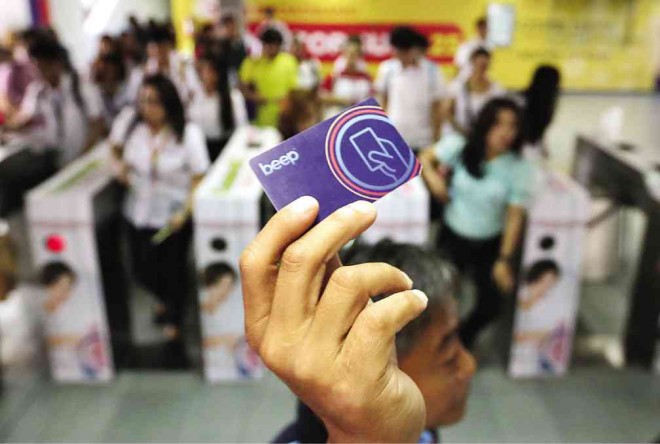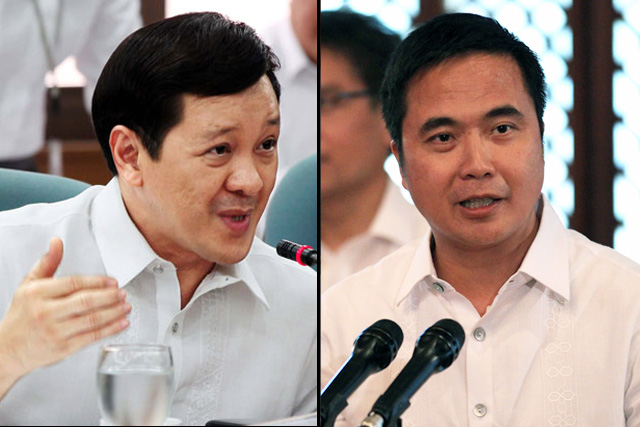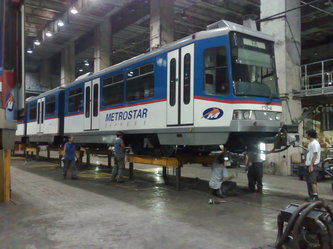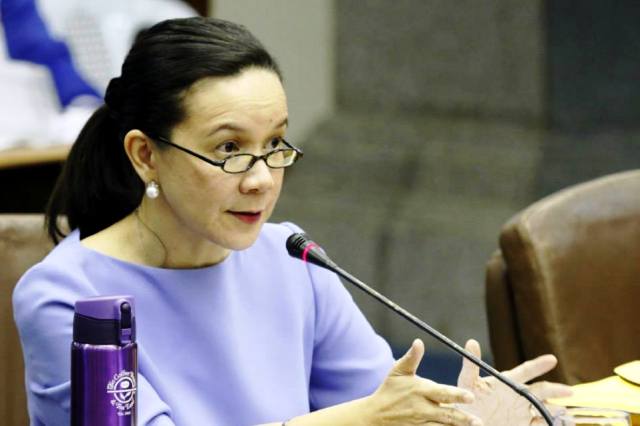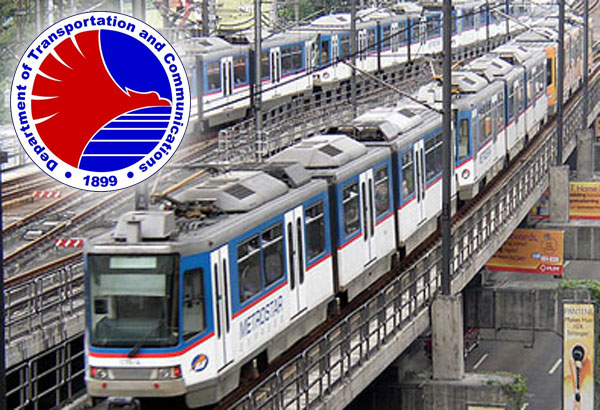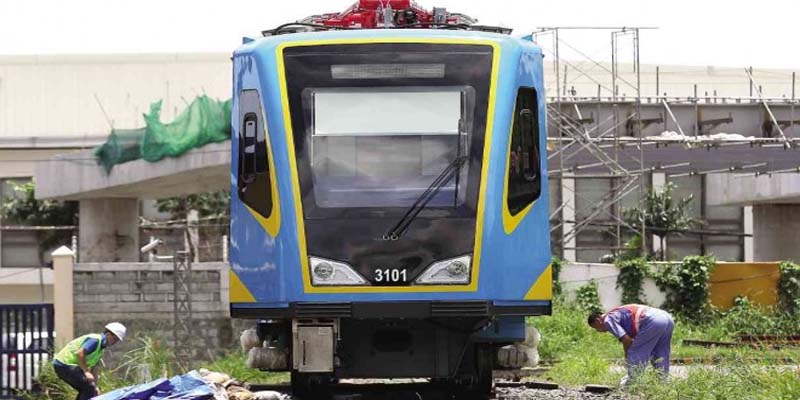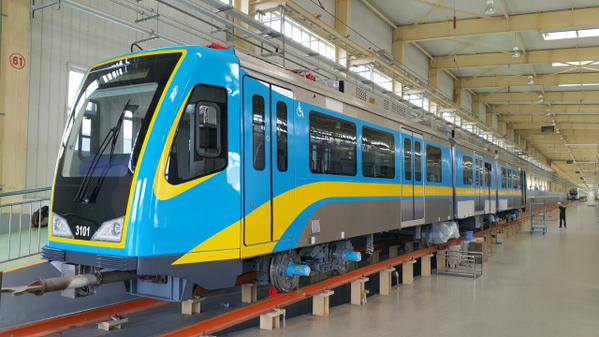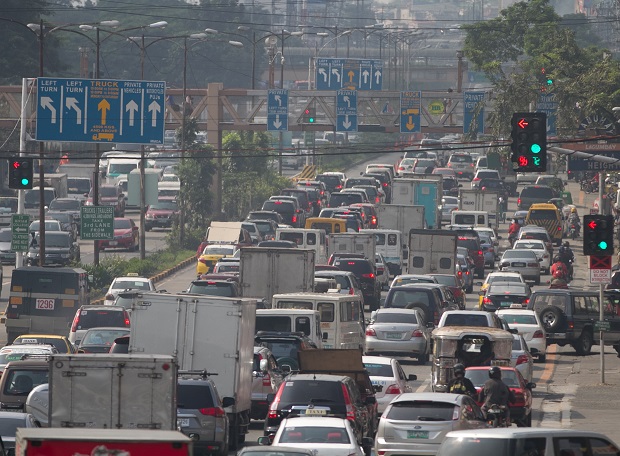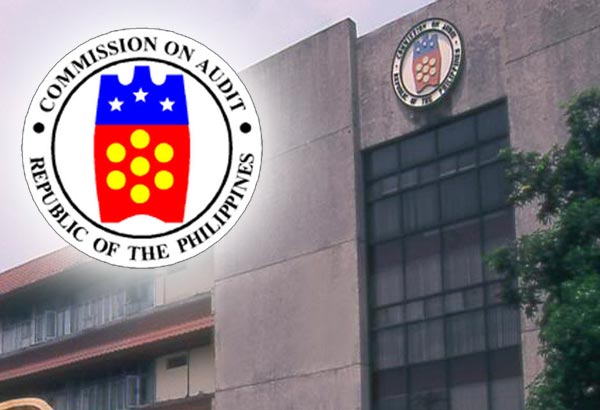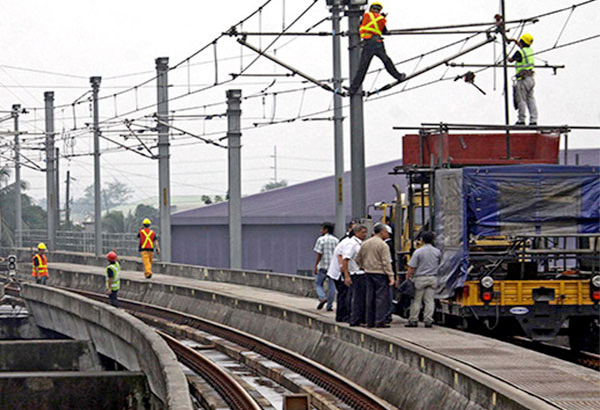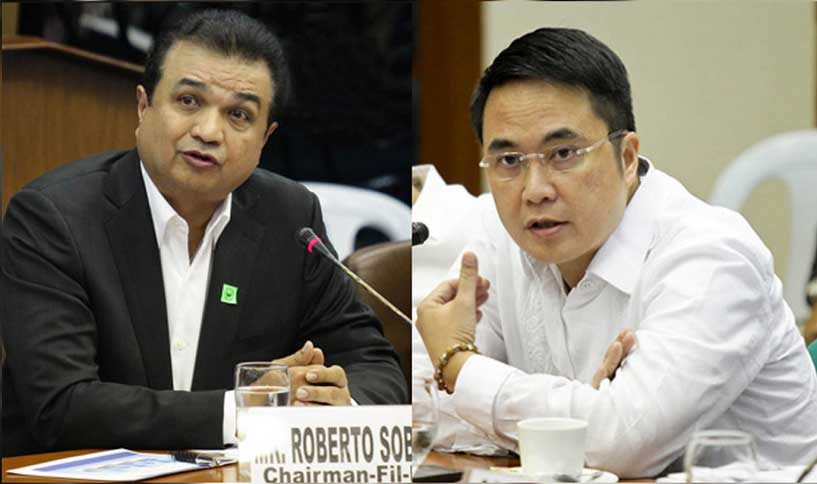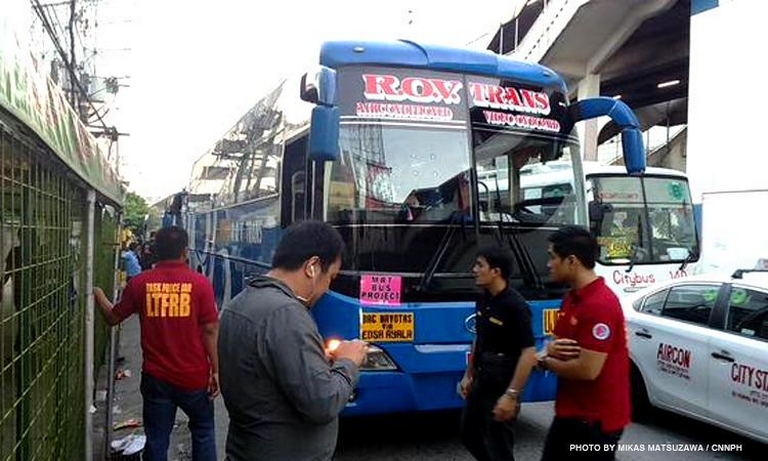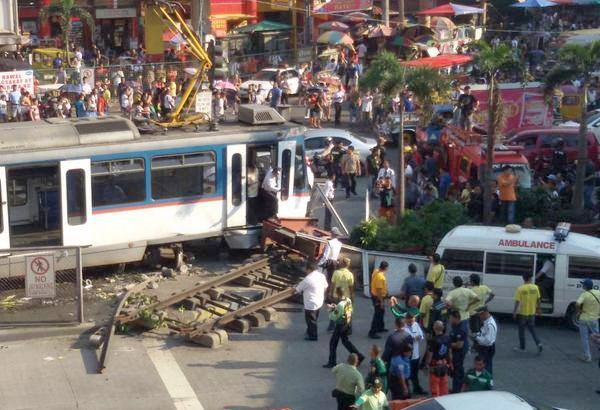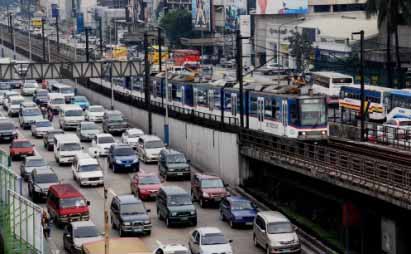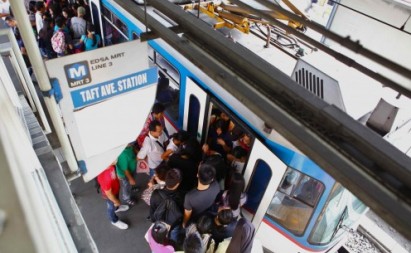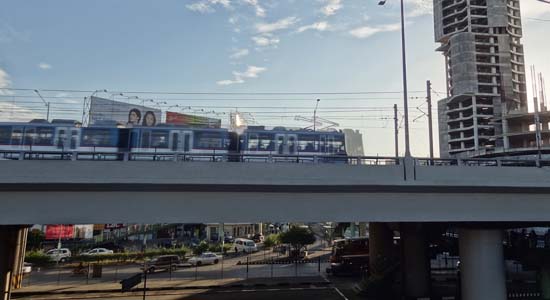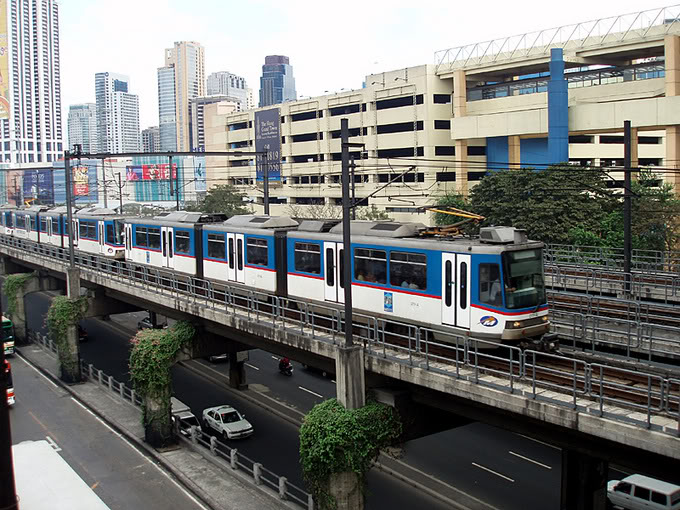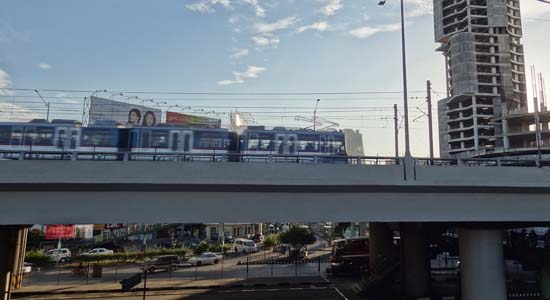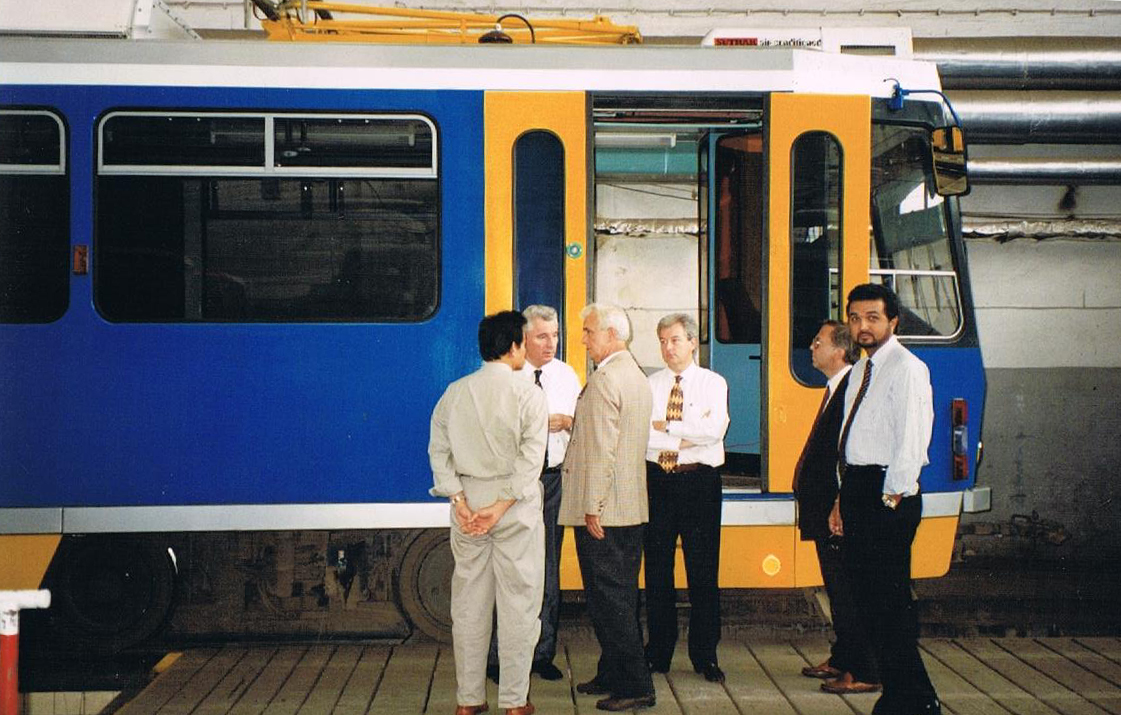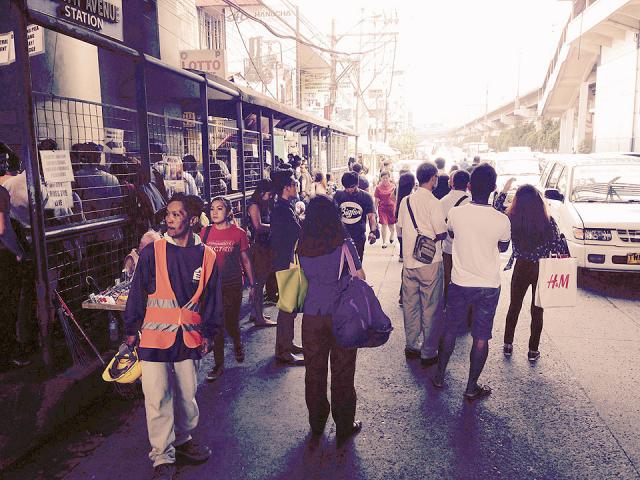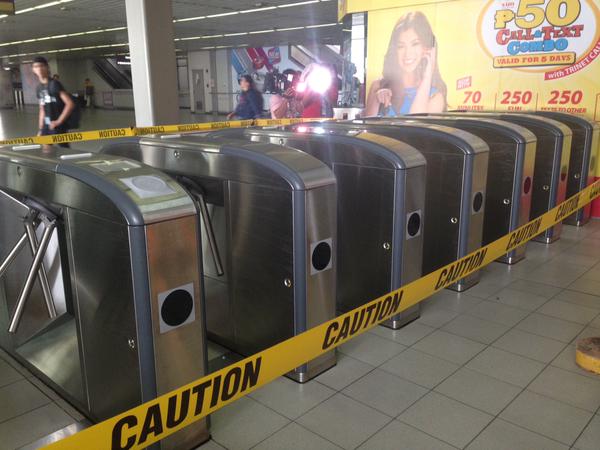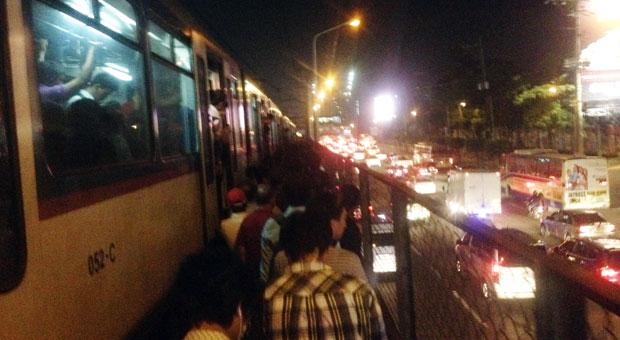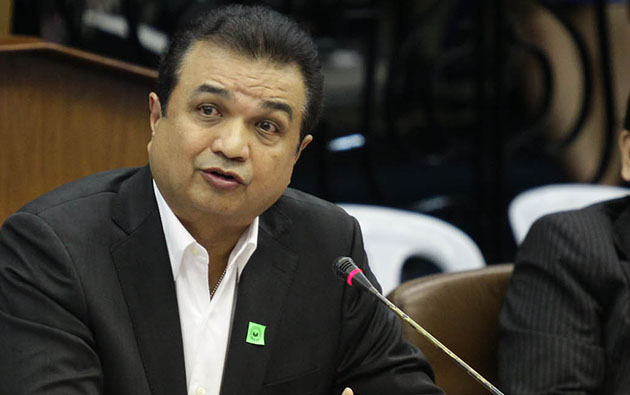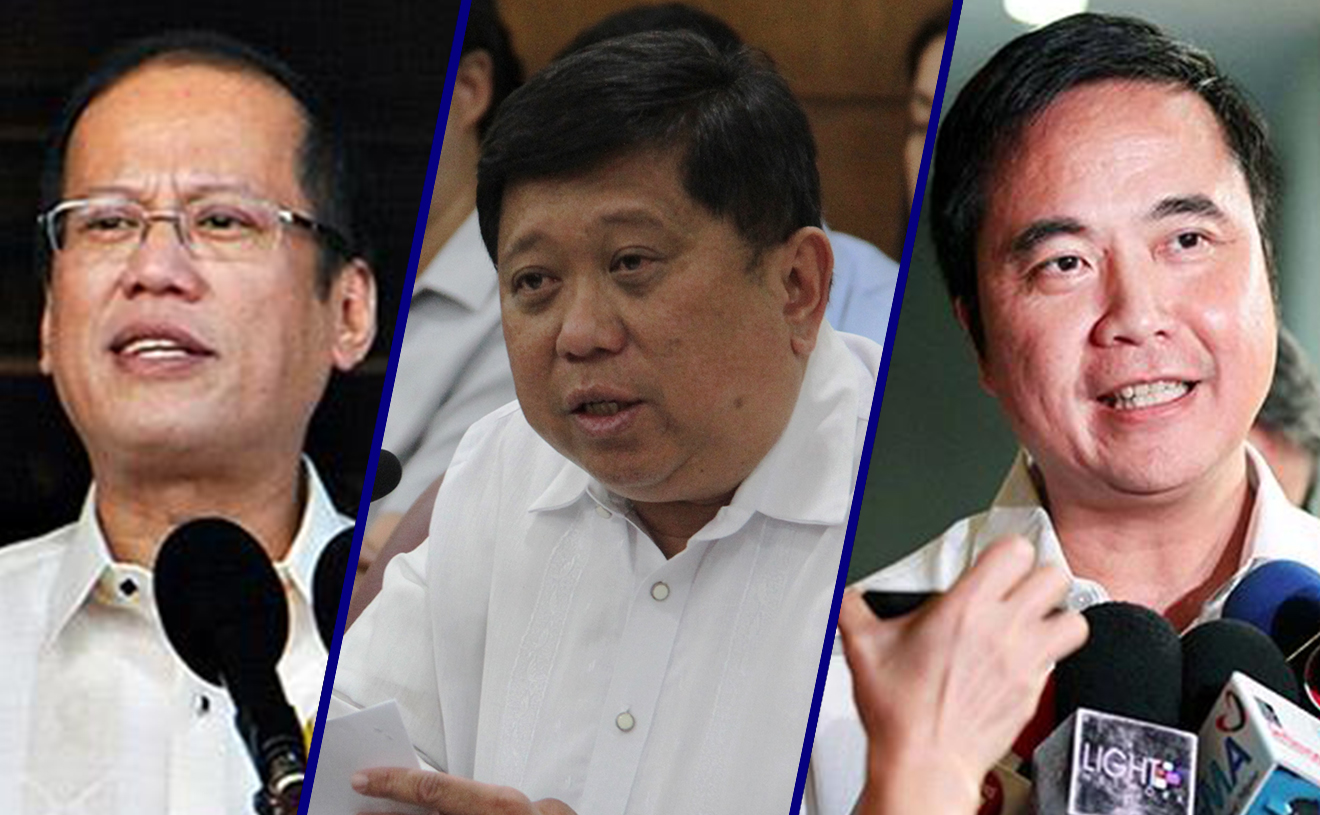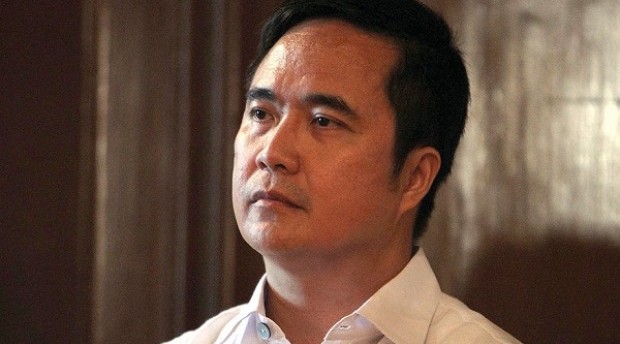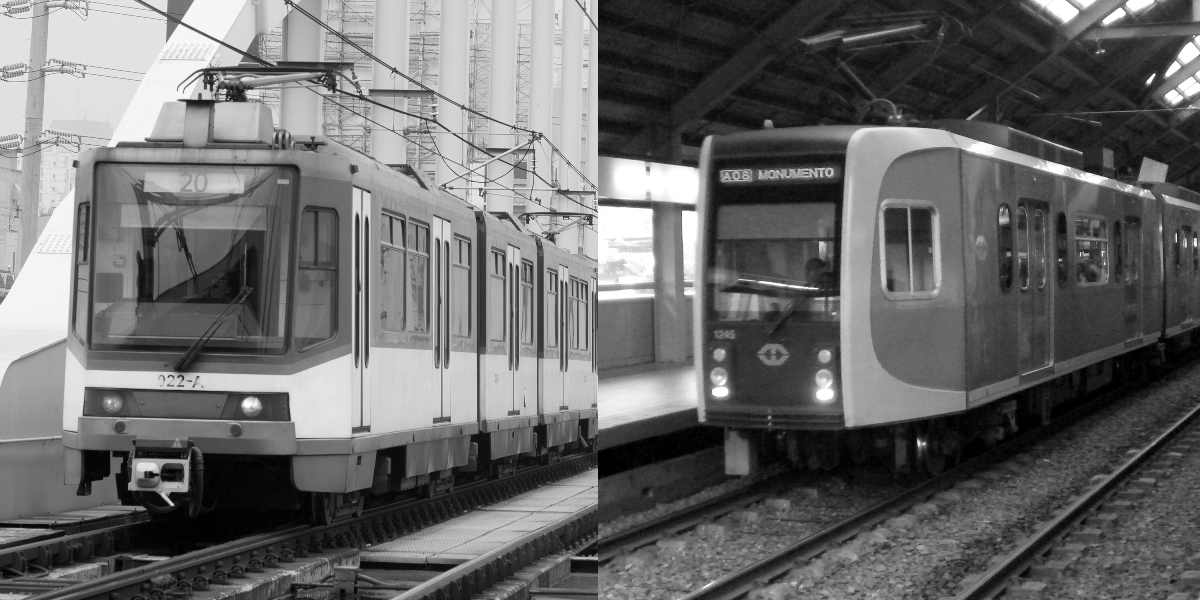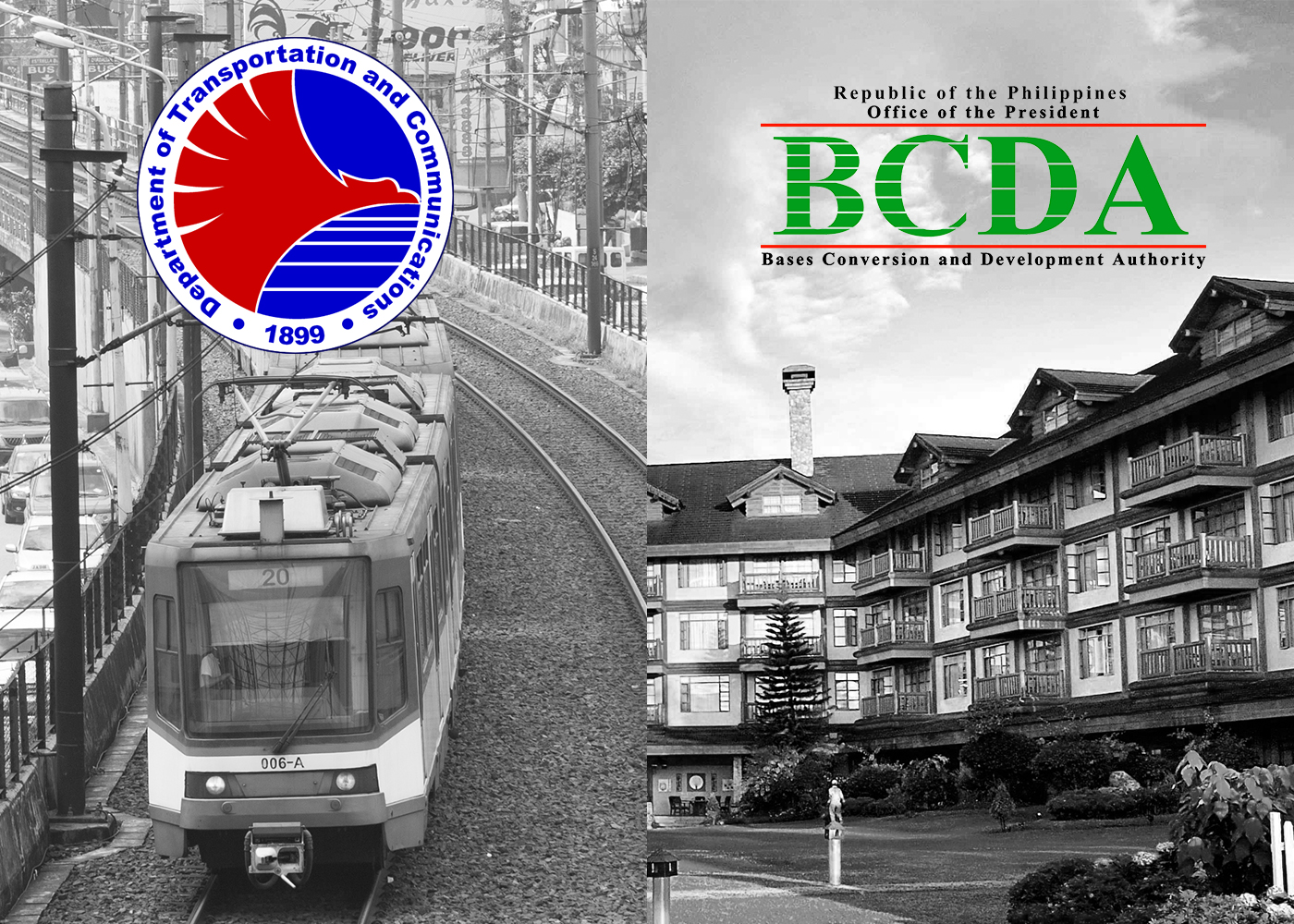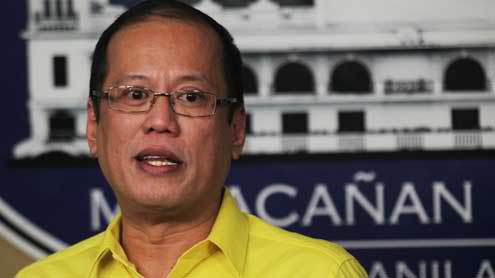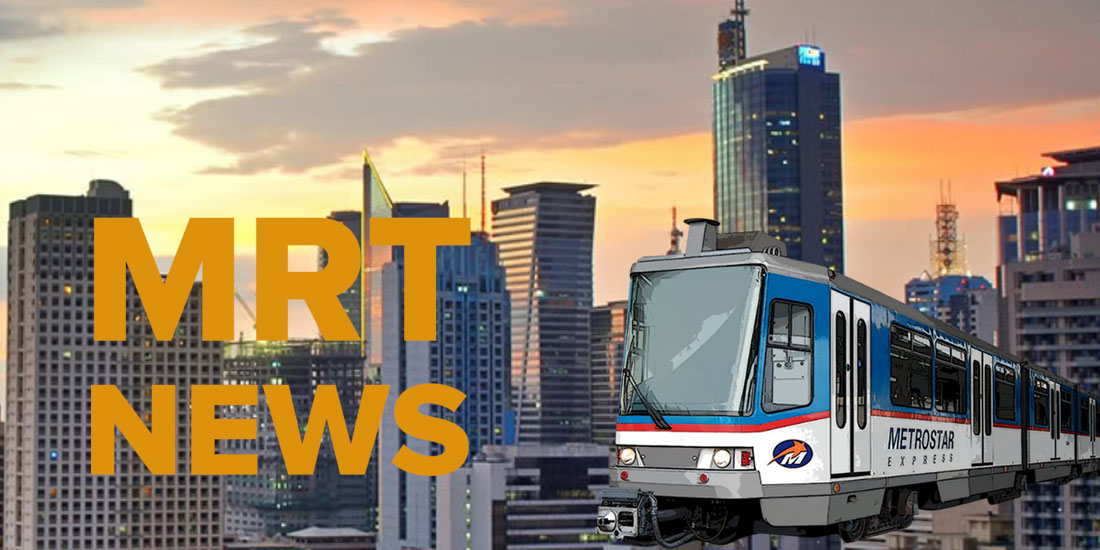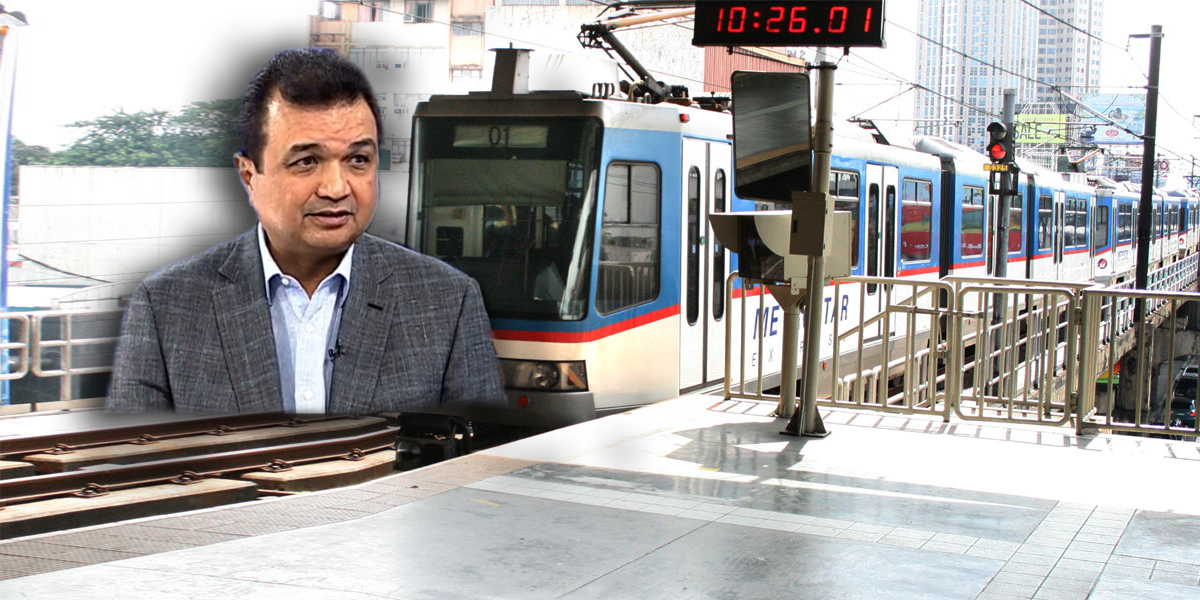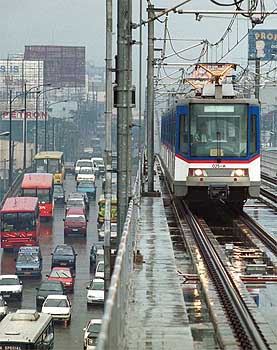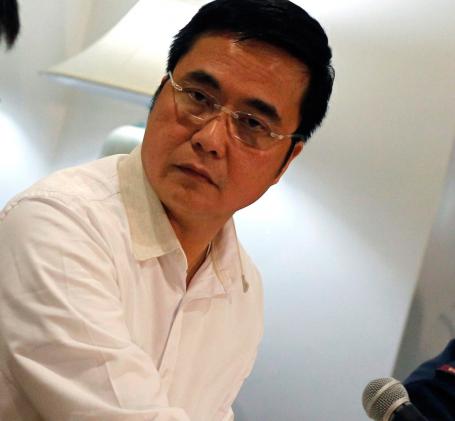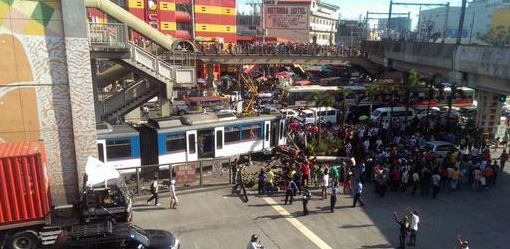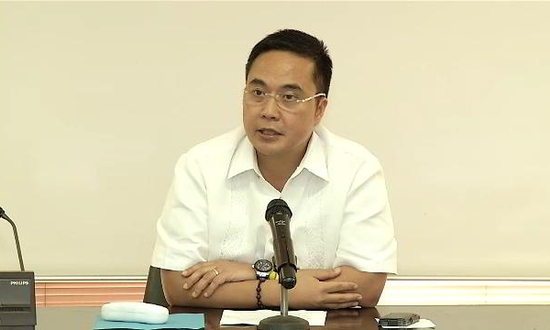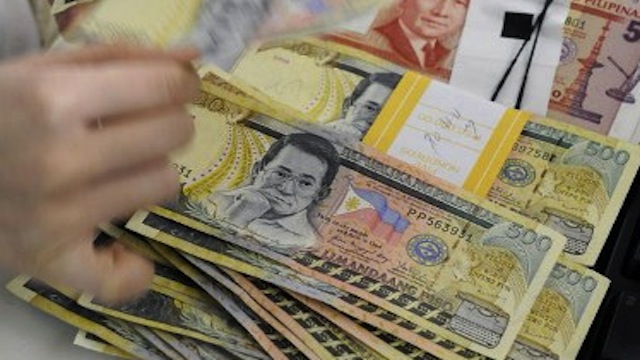By Jose C. Sison | The Philippine Star | March 24, 2014
In previous administrations, the least controversial Cabinet department is the Department of Transportation and Communications (DOTC). The previous DOTCs somehow managed to do its job without much disturbance from the nosy and inquisitive Press. But in the present PNoy administration, the DOTC seems to be exactly the opposite. It is embroiled in so much
controversy and irregularity. Even with the use of thick smokescreens to cover up alleged irregularities, the hot “deals” in some of its projects could not be completely hidden. The nosy Press cannot somehow avoid the smell of something fishy.
Foremost of these transactions are those involving the supply and maintenance of the MRT/LRT trains. Apparently because billions of pesos are at stake in these projects, the lure of fast bucks cannot simply be avoided, not only by the officials of the department but also by some people close to the powers that be. The best example here is the alleged $30 million payoff for the award of the bid to supply the additional MRT 3 trains. Media have reported that such amount was demanded from the Czech supplier, Inekon which refused to come across thus resulting in its failure to bag the award. Up to now, there have been no clear and satisfactory findings on whether or not this shady deal indeed occurred.
If PNoy is really honest and sincere in his fight against corruption, he should pursue the investigation of this case to remove all lingering doubts especially because the names of his sister and her husband have been mentioned. It is true that the Czech Ambassador has already come out with a statement clearing them. But the problem is that the Czech Ambassador also insisted that demands had been made on the Czech firm Inekon to come across with the million dollars payoff, and that the firm eventually withdrew from the bidding after refusing to heed the demand.
The curious aspect here is that PNoy’s investigators readily accepted the Czech Ambassador’s statement clearing PNoy’s relative but they do not want to give any weight to his statement that demand for payoff had been made. If the Ambassador’s statement on the alleged payoff is not true as claimed by government officials, his statement clearing PNoy’s relatives must not also be true. (falsus in uno, falsus in omnibus). In determining the credibility of a statement, it must be taken as a whole and not piecemeal. So, it looks like even in investigating cases, PNoy’s officials are selective.
Indeed there are so many curious and irregular happenings in the MRT involving not only the supply of the additional trains but also the maintenance of the existing trains. Very noticeable here are the overloading and the long queues of commuters before and after office hours which started to occur only at the onset of the PNoy administration. The MRT management has attributed this problem to the steady increase in the number of commuters who used the MRT. Is this really true?
The answer here may perhaps be found in what happened way back in October 2012 or only two years after the present matuwid na daan government assumed office. At that time, the maintenance contractor of the MRT trains, the Sumitomo-TES Phil (TESP) was replaced by a Filipino contractor, PH Trains-CB & T Joint Venture (JV), for six (6) months interim period prior to the holding of a new bidding. Then at the bidding itself JV won the contract for the maintenance of the trains with a bid of $1.15 million/month as against TESP’s bid of $2.3 million/month or 50% lower.
Opinion
On the surface, there appears to be nothing wrong with the award of the contract to JV as it submitted a much lower bid. But since then up to the present the trains have continuously deteriorated obviously due to deterioration in the maintenance services. Records at the MRT will show for example that when TESP was the maintenance contractor, it had to purchase spare parts for the proper maintenance of the “Thermo King air-conditioning units (ACUs) installed in the rail cars at a yearly average of $300,000. But from October, 2012 up the first quarter of 2013, JV ordered spare parts for the ACUs worth only $11,000.
In fact in a report submitted to JV’s Belgian consultant, Mr. Rolf Bieri, the following defects were highlighted: deteriorating evaporator and condenser coils; corroding evaporator blower fan; defective tandem compressors; burned/heat-damaged contactors and circuit breakers; use of locally assembled controllers instead of genuine Thermo King spare parts and; rampant use of fake supplies such as compressor oils and refrigerants. All these defects according to the report will lead to a series of ACU breakdowns, hamper ACU operations, reduce the useful life of the trains or the capital assets, increase maintenance costs and more importantly expose passengers, drivers and technicians to hazards that may cause injury or death.
Apparently this poor maintenance of the rail cars is common to both the MRT and LRT trains. And this is confirmed by the many reported serious or even fatal break downs and other incidents in our rail transit system obviously due to substandard maintenance, unavailable spare parts for the rail cars, railways, signaling system and air-conditioning units of both the MRT/LRT trains.
For the sake of the poor commuters who suffer long queues, hours of waiting, overloaded cabins and unsafe trains, our legislators perhaps should shift their investigation into these irregularities in the supply of additional trains and in the maintenance of existing trains. There are enough indicia that fraud has been committed here specifically in the replacement of the maintenance contractor. Many people cannot help but get the impression that the much lower bid price is simply a ruse to win the contract but at the expense of poor maintenance considering the “other expenses” that the winning bidder has to fork over.
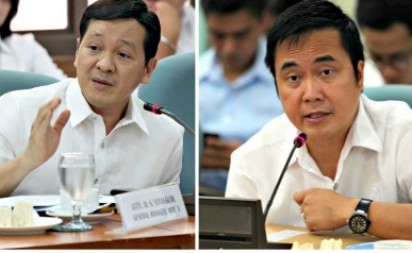
 Twitter
Twitter Facebook
Facebook